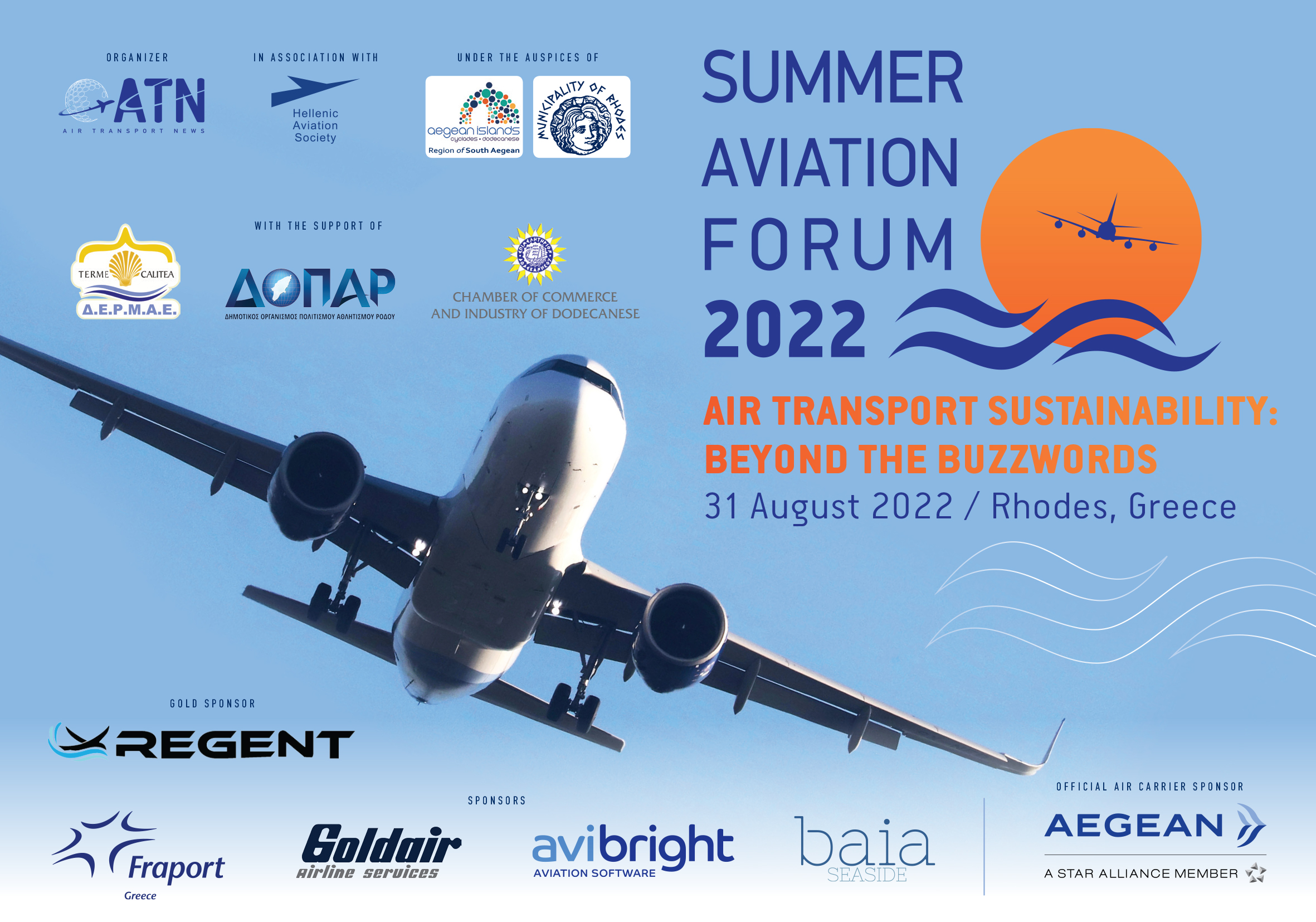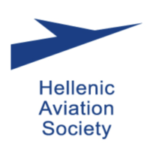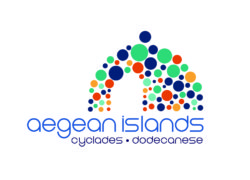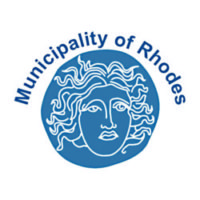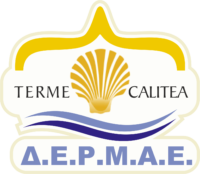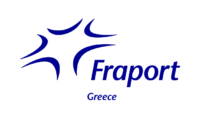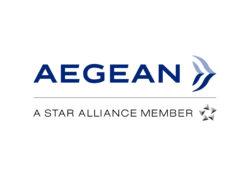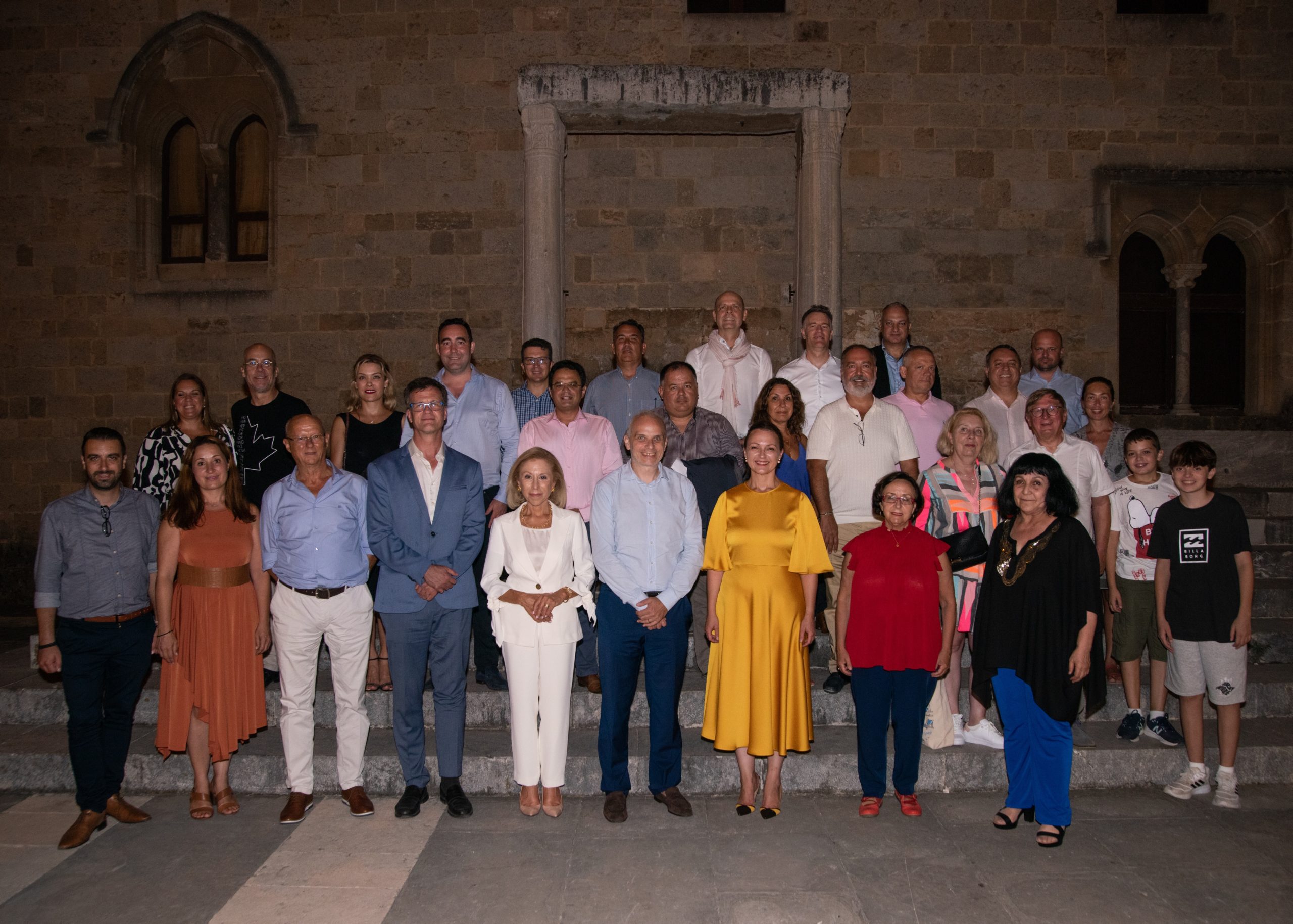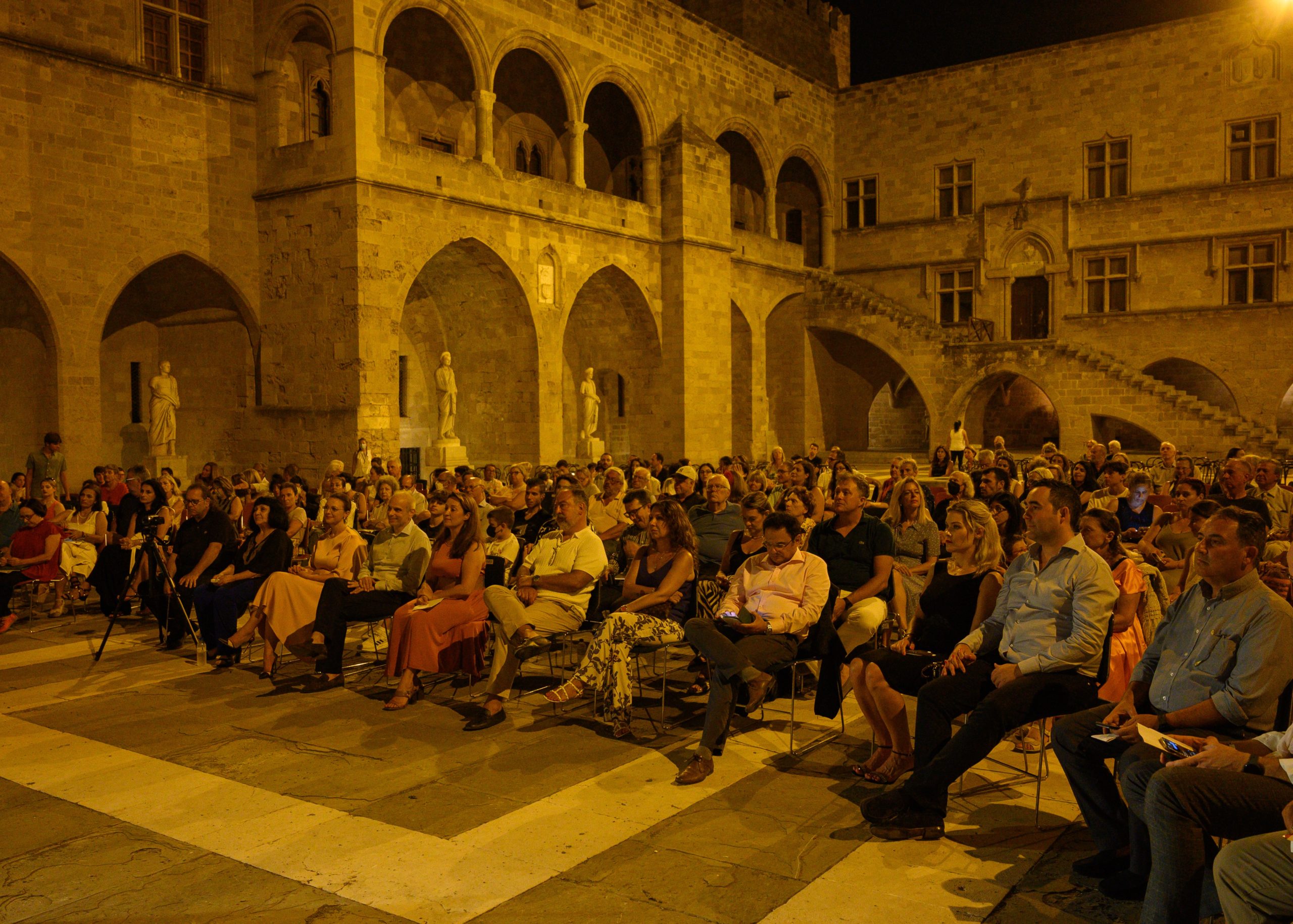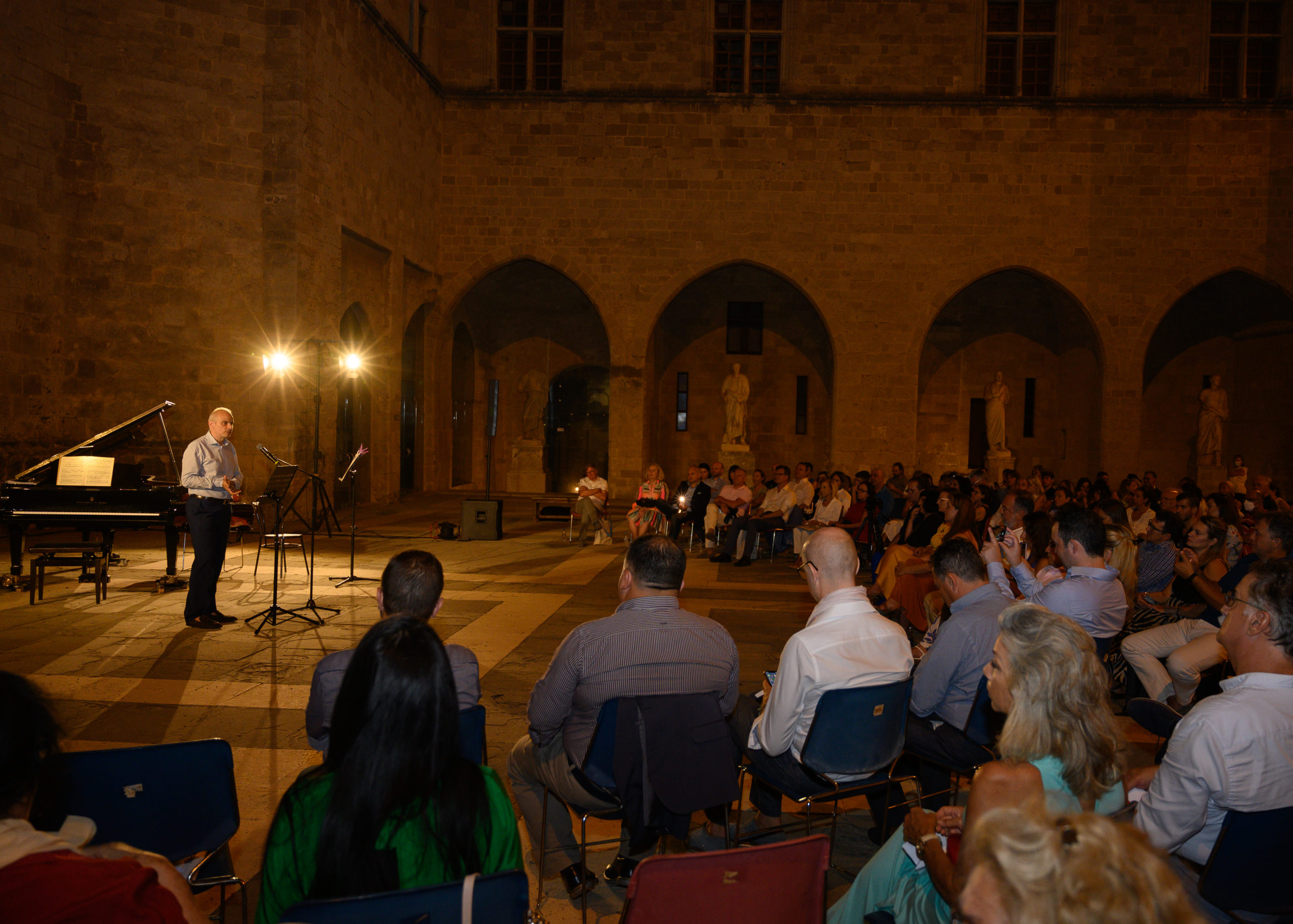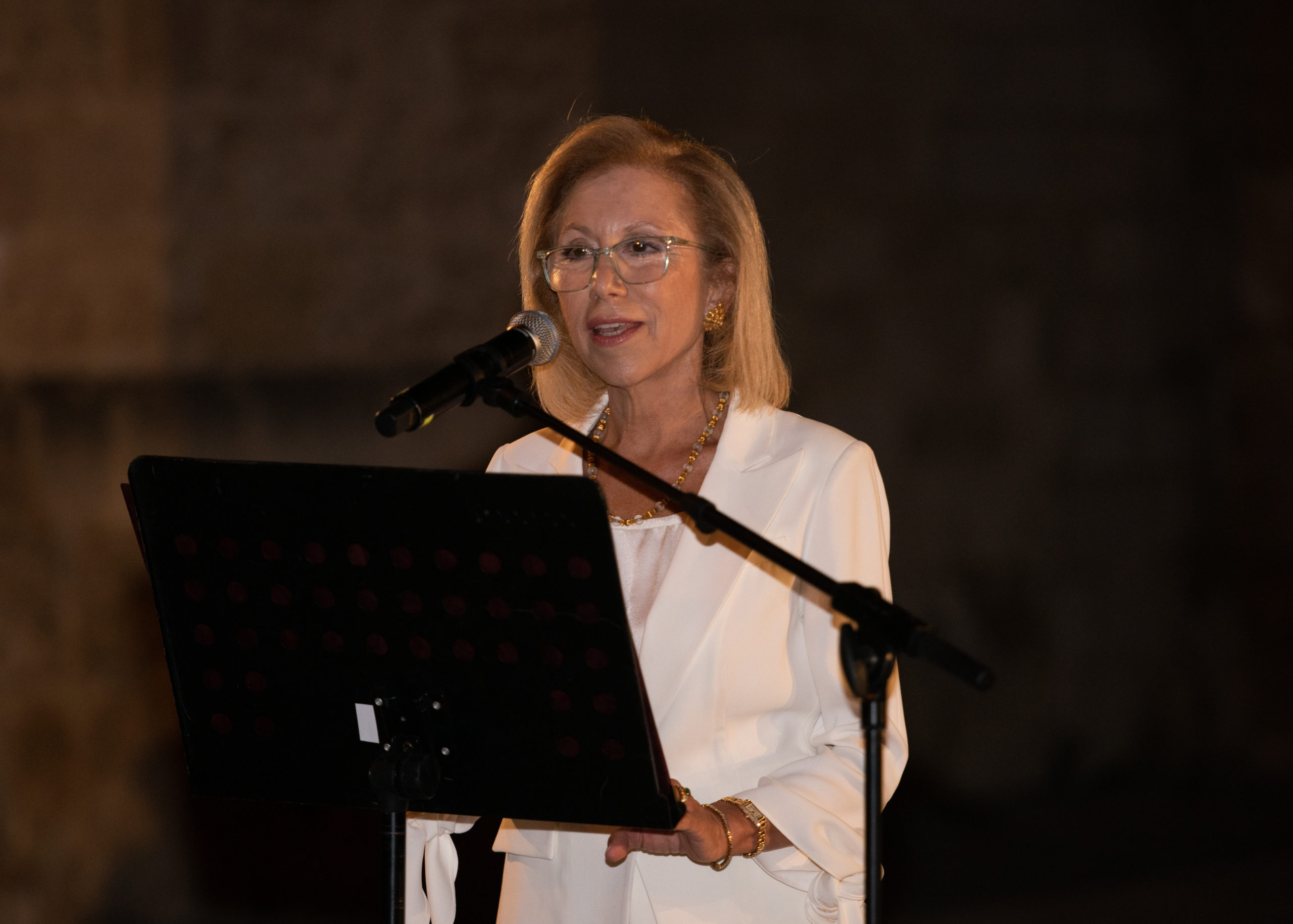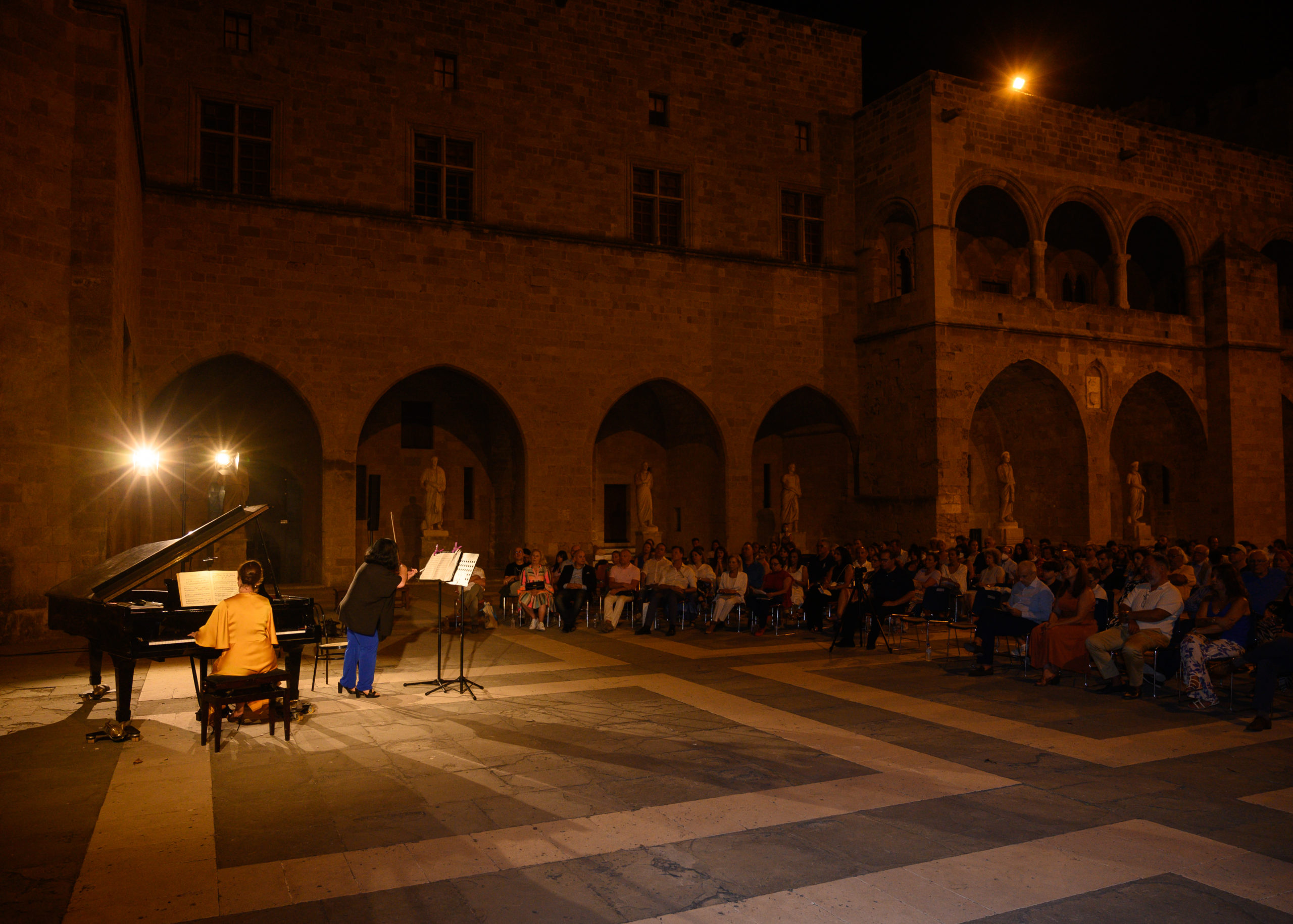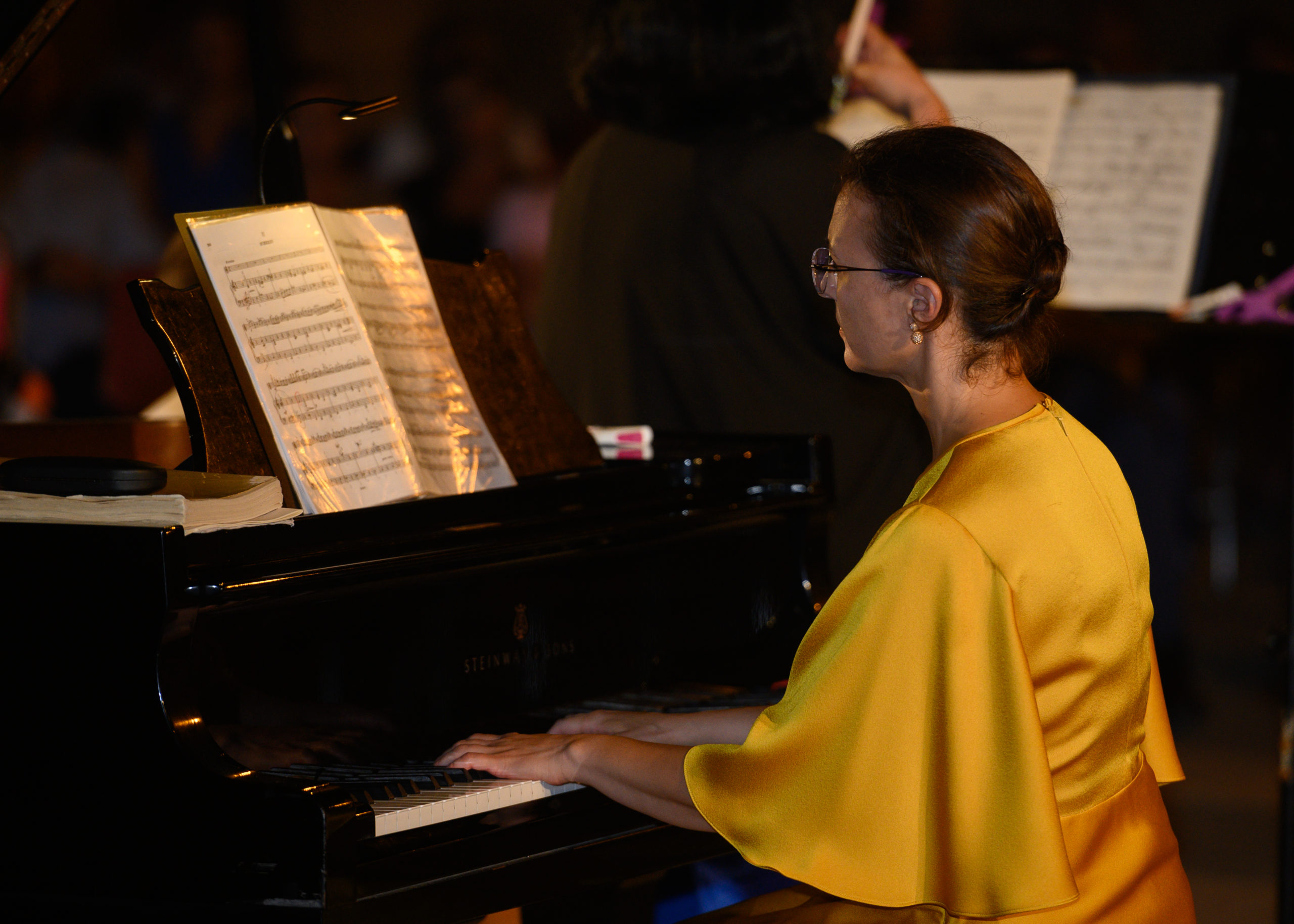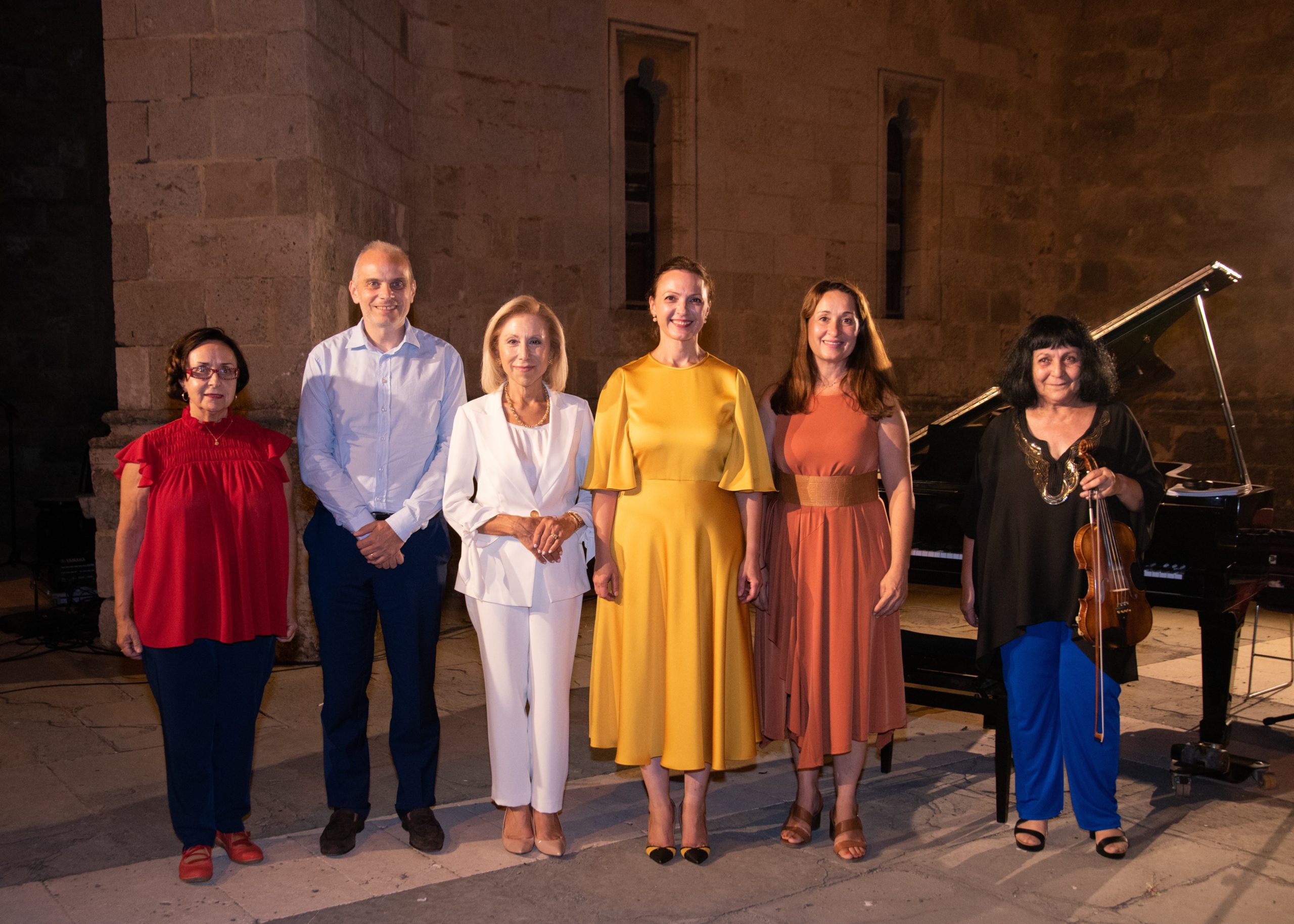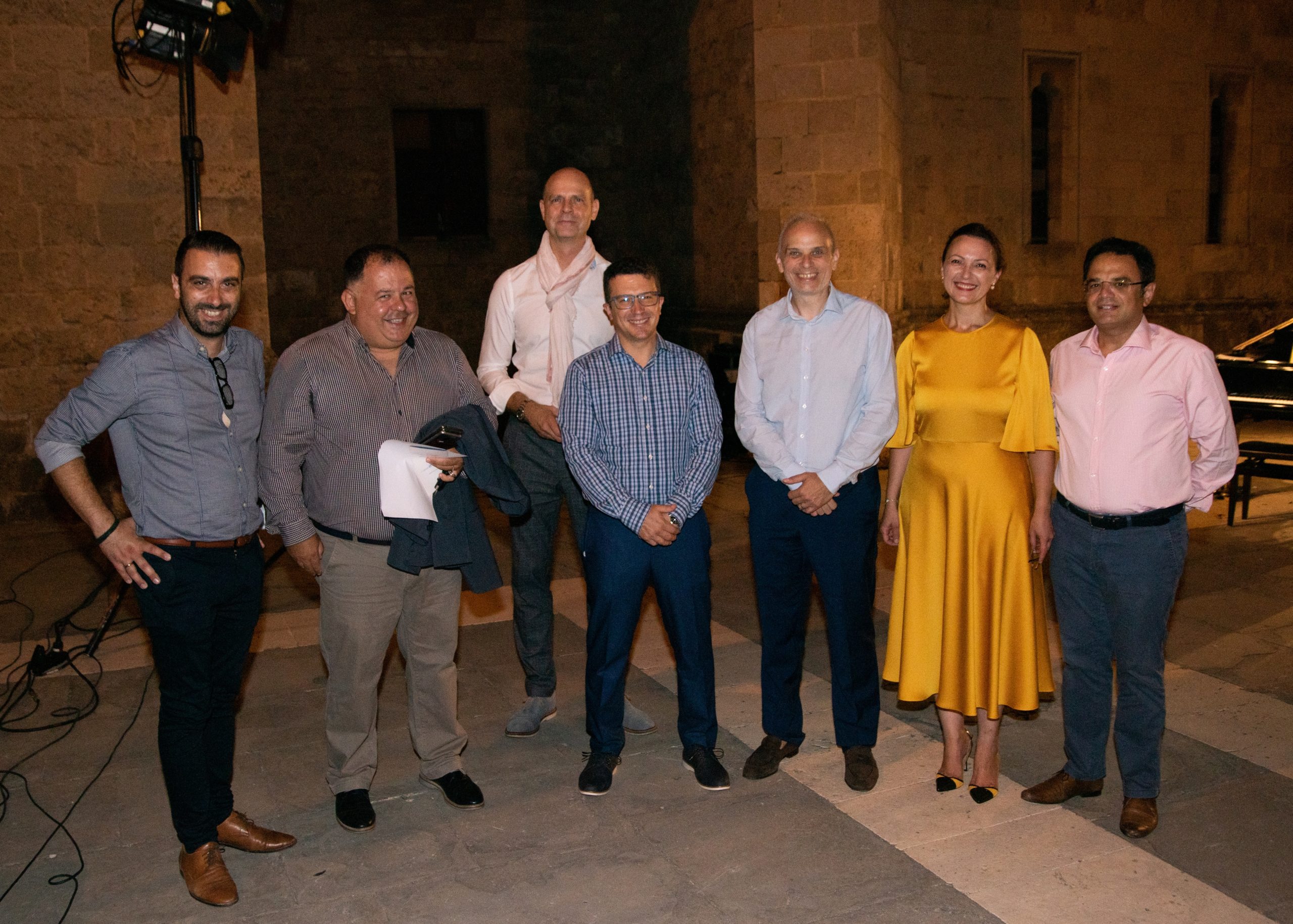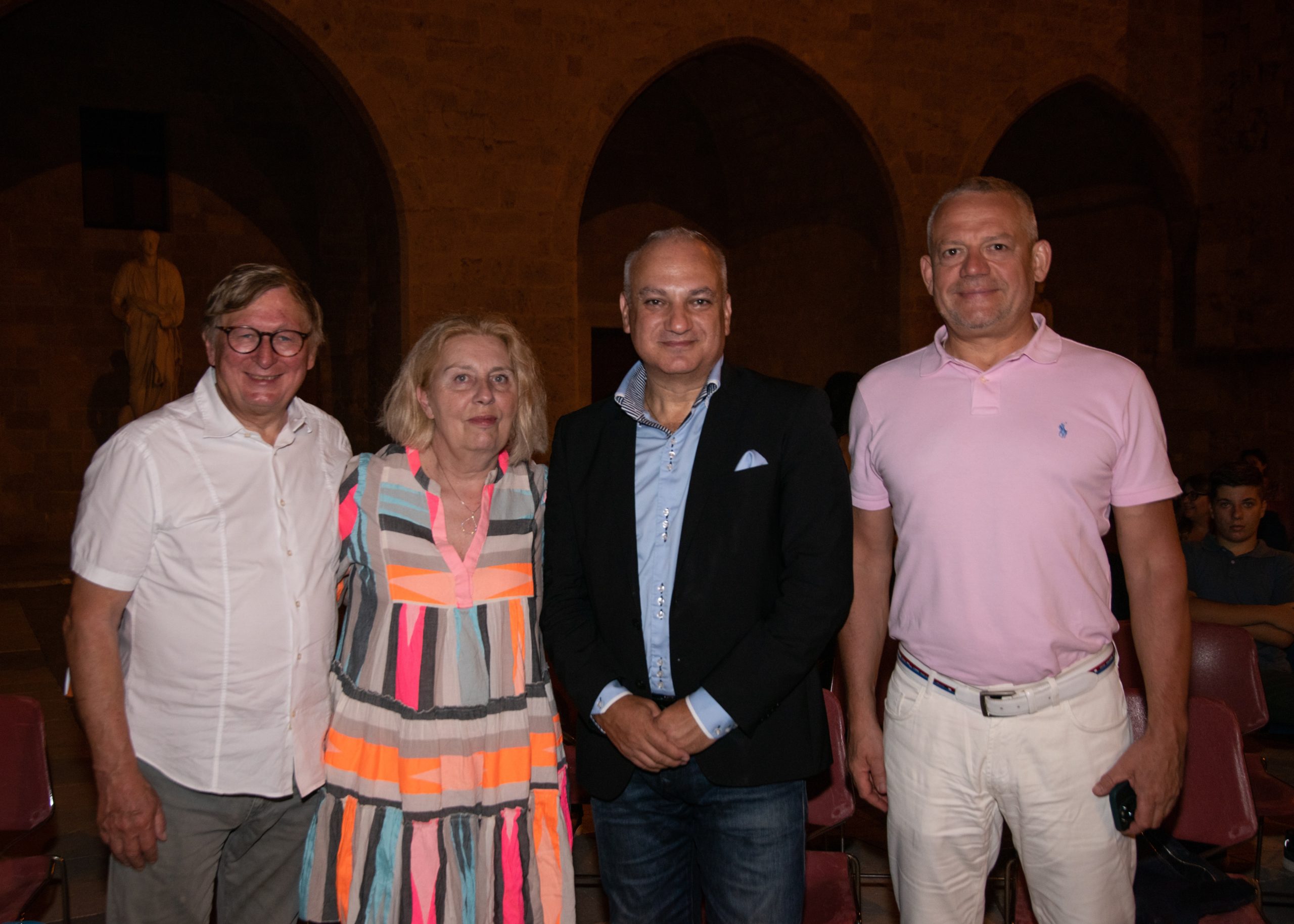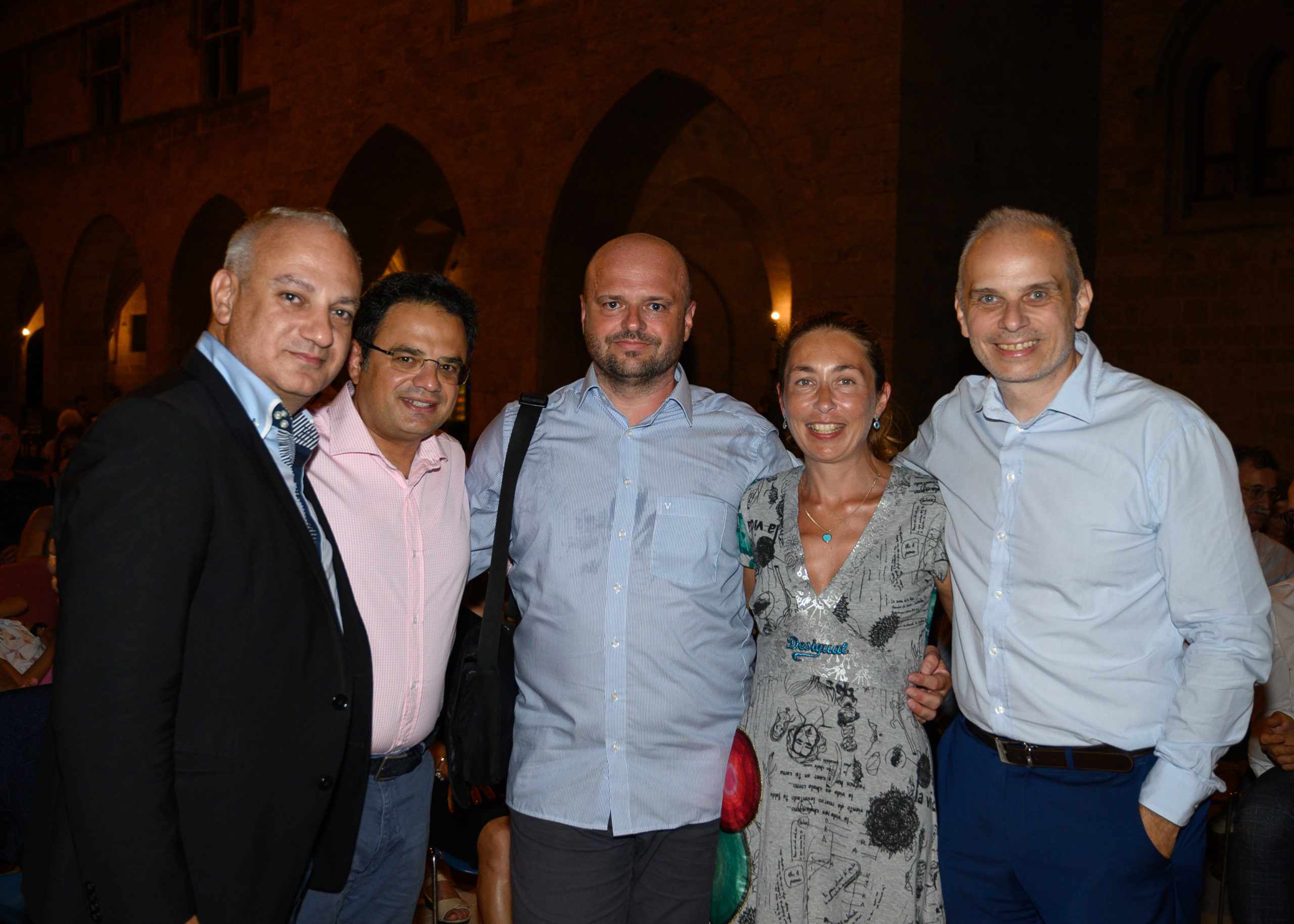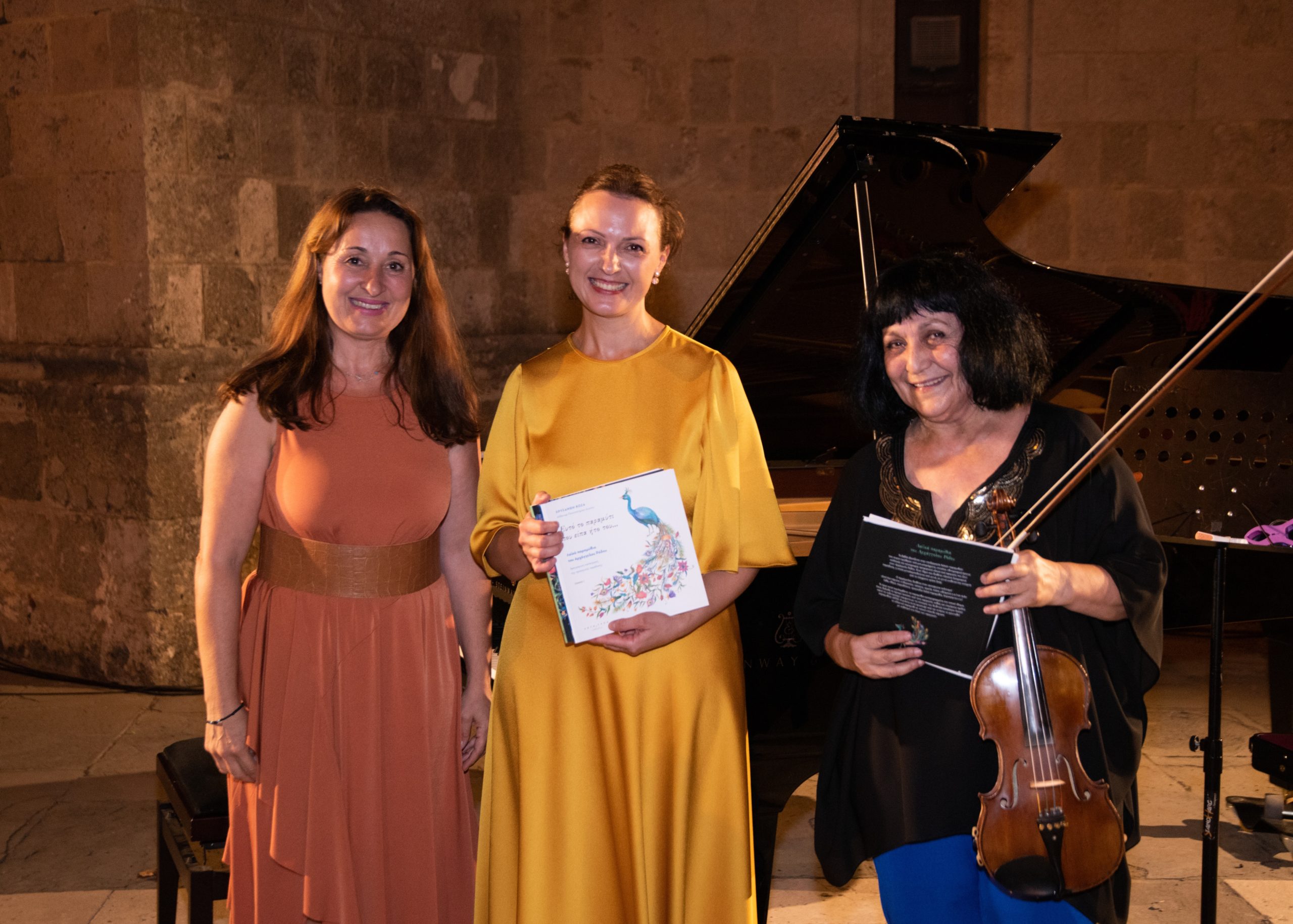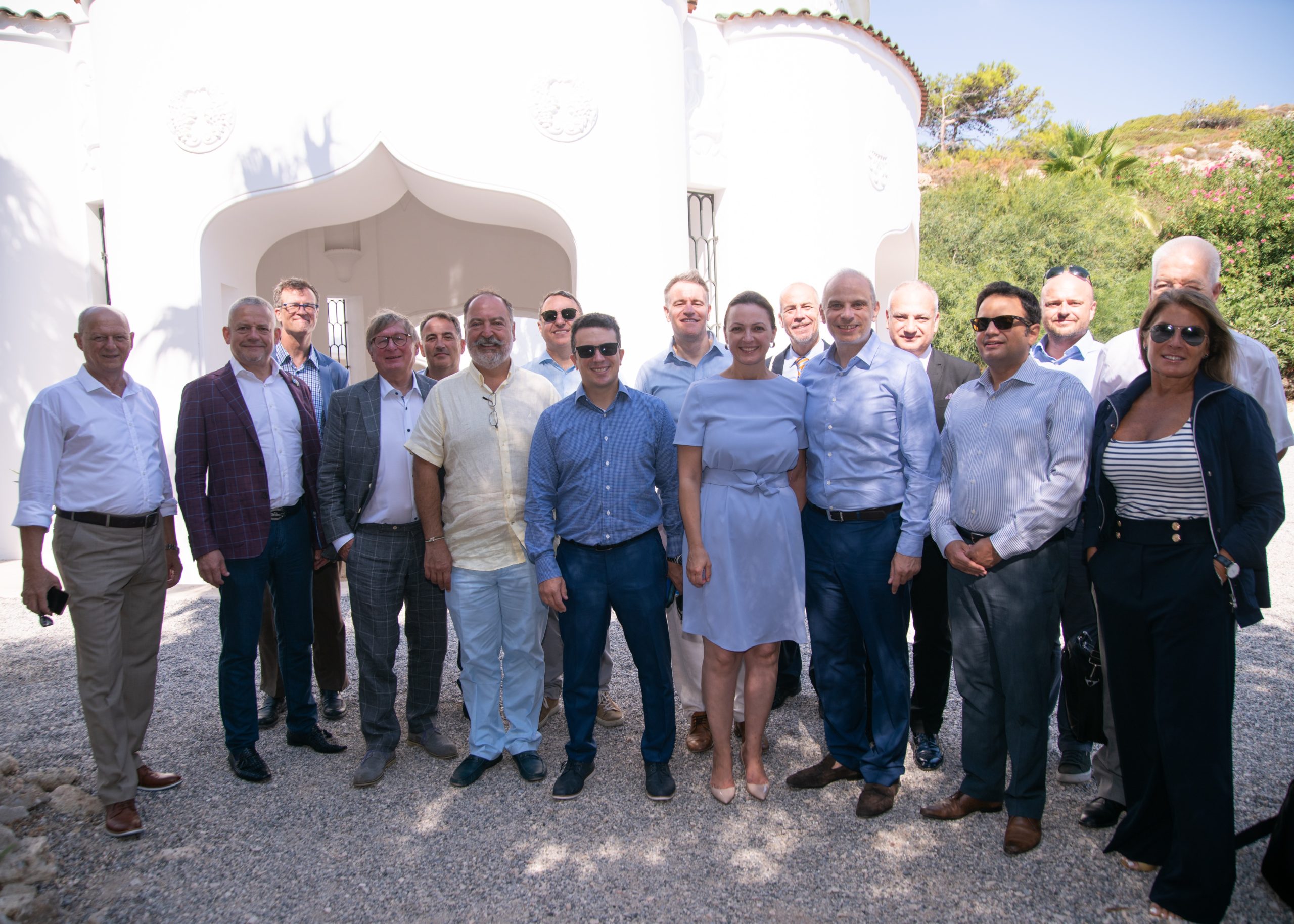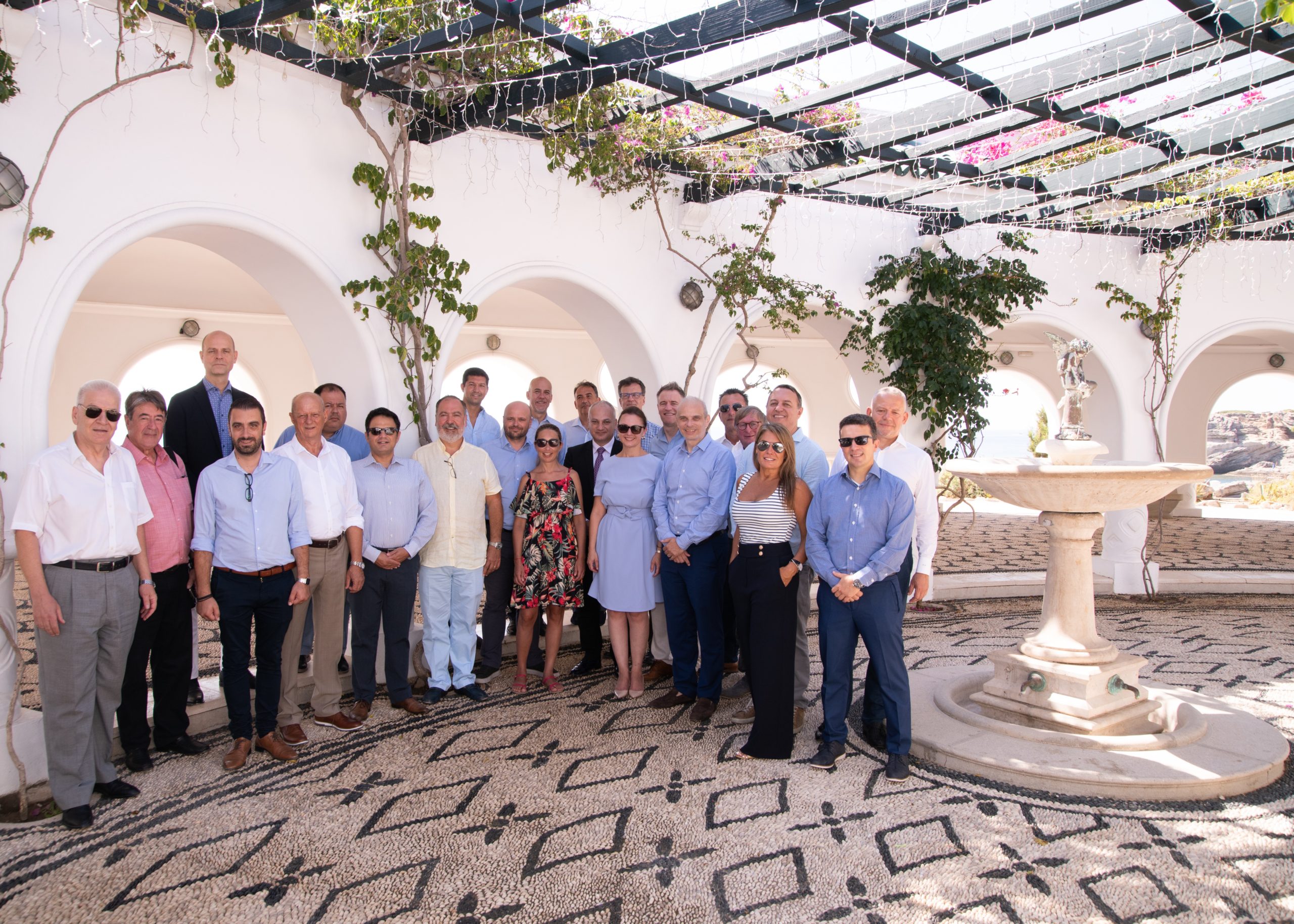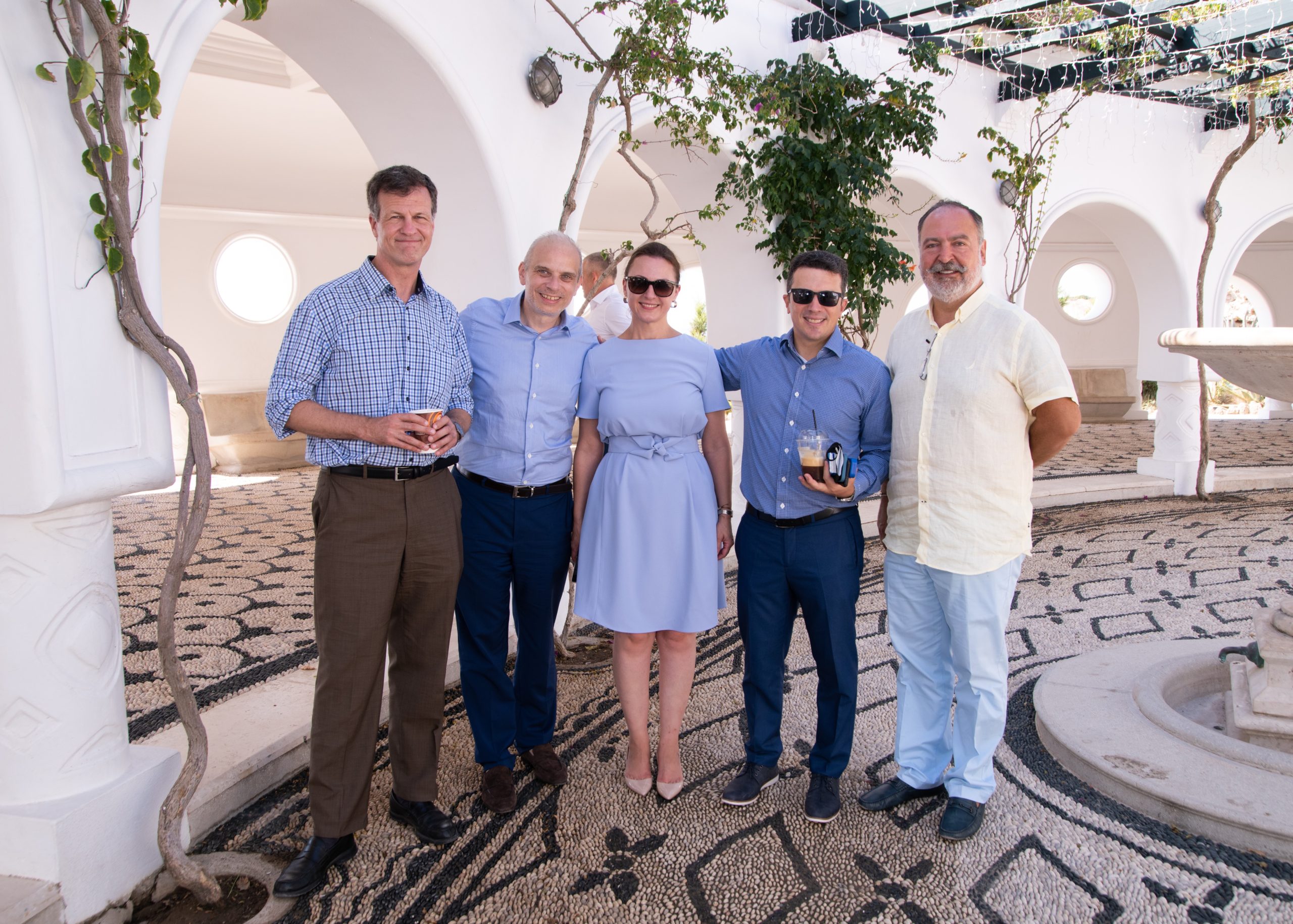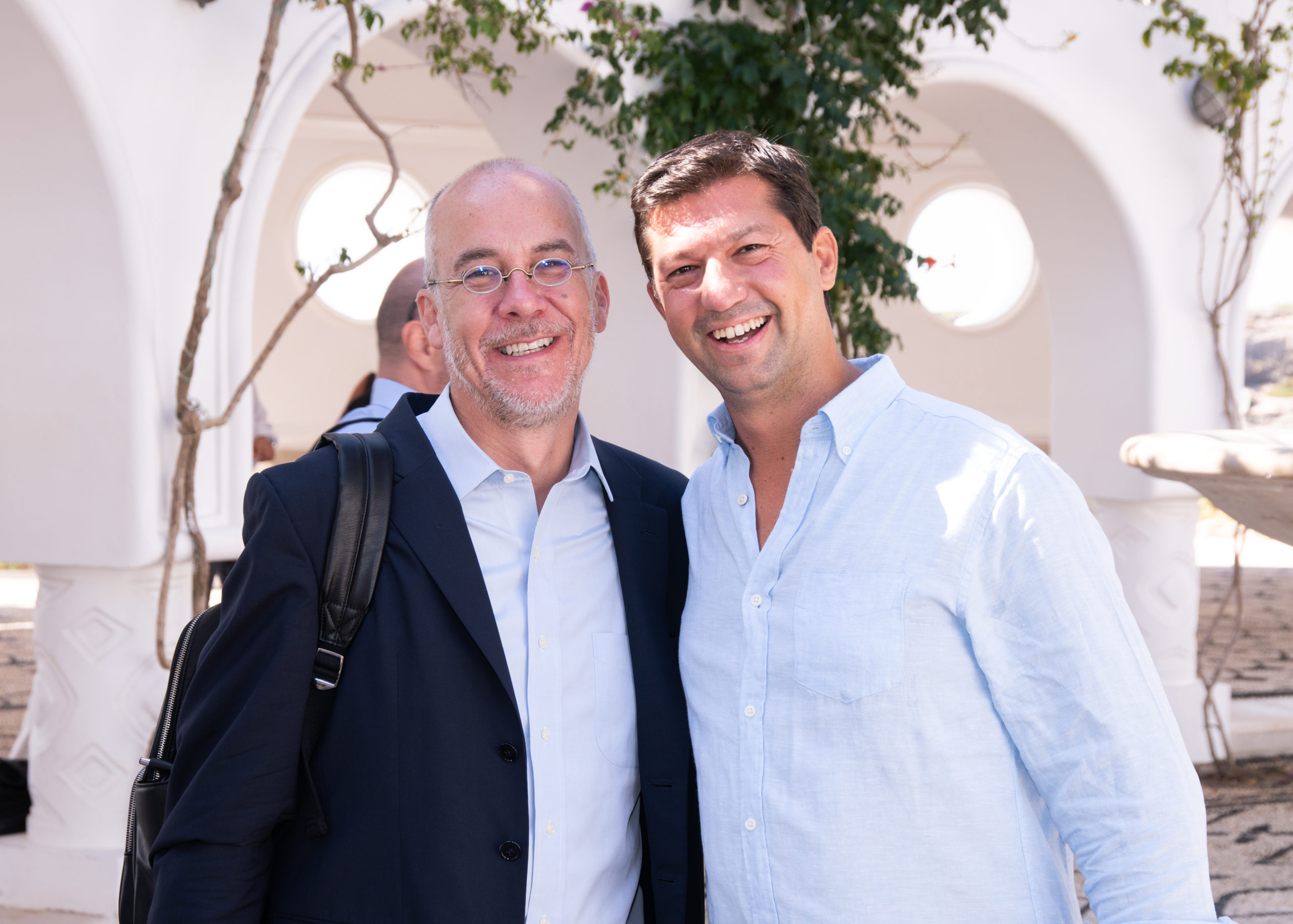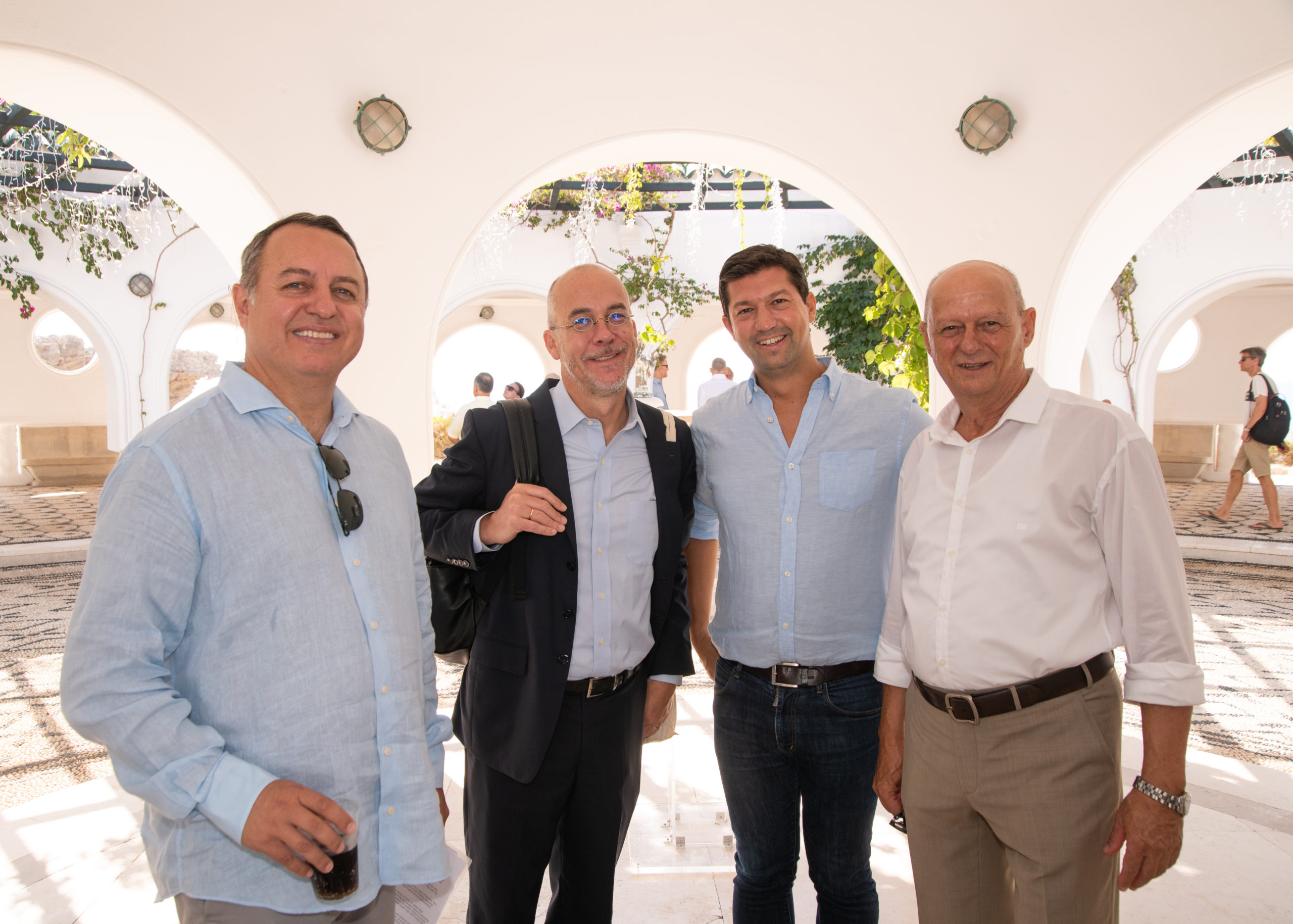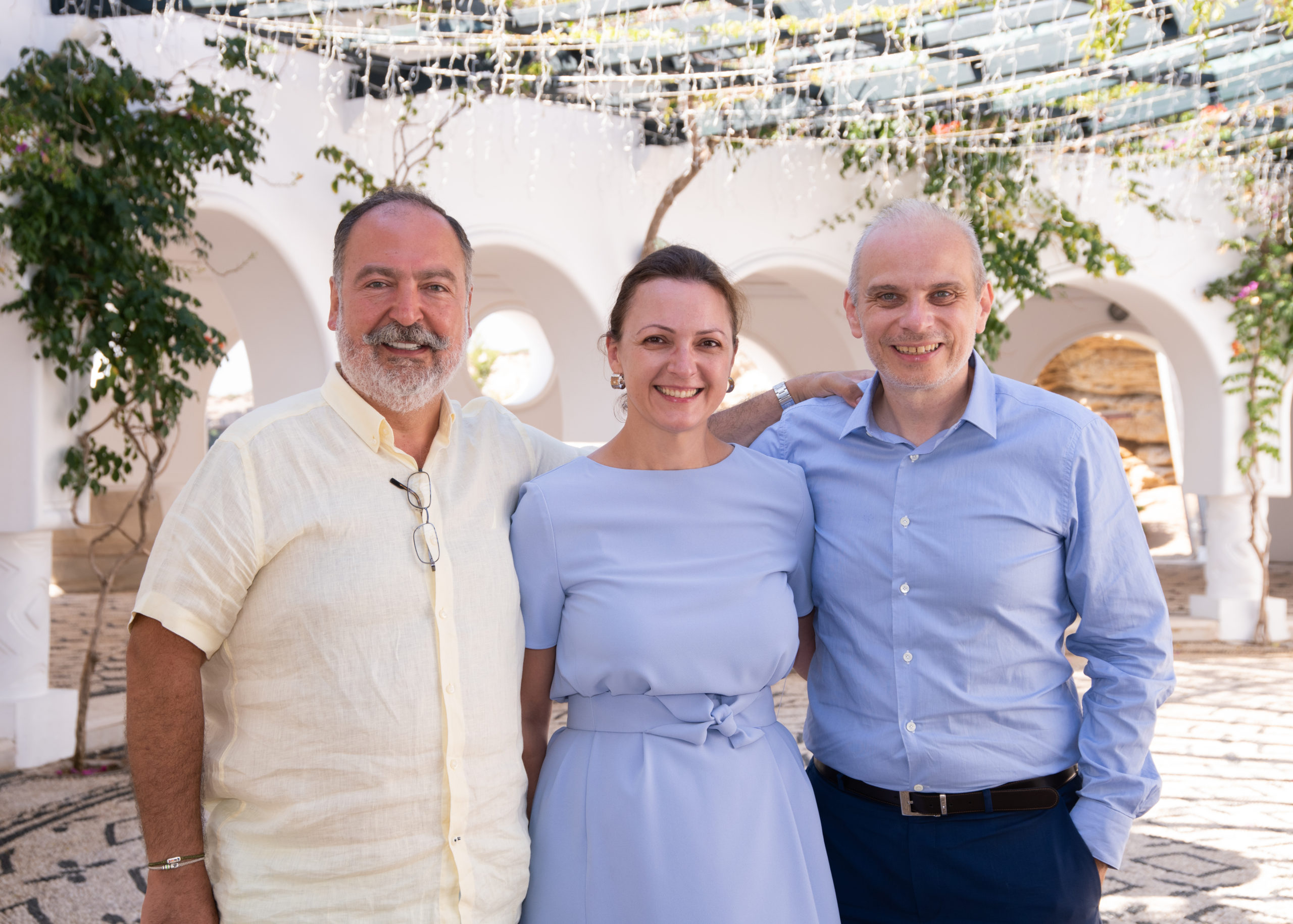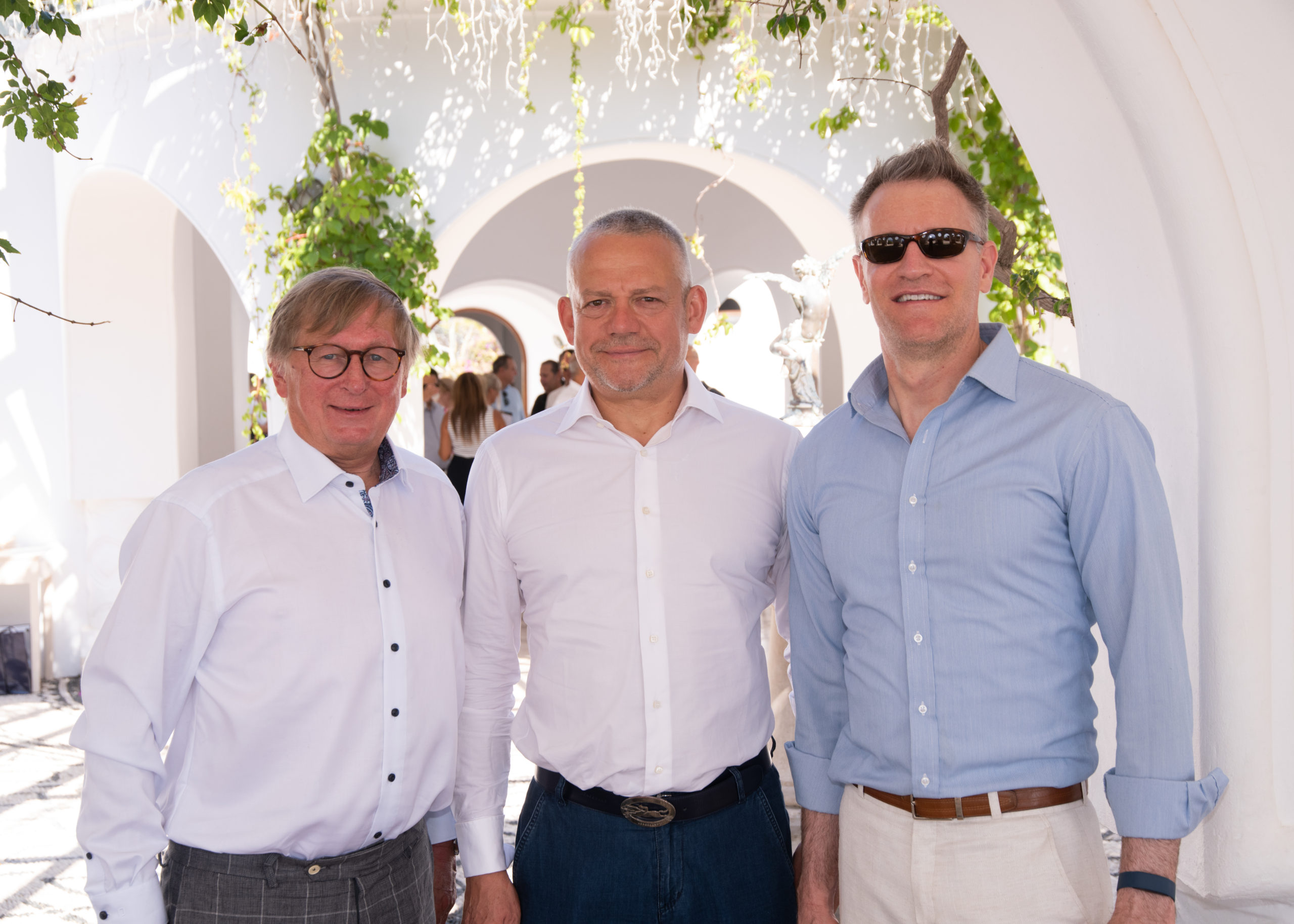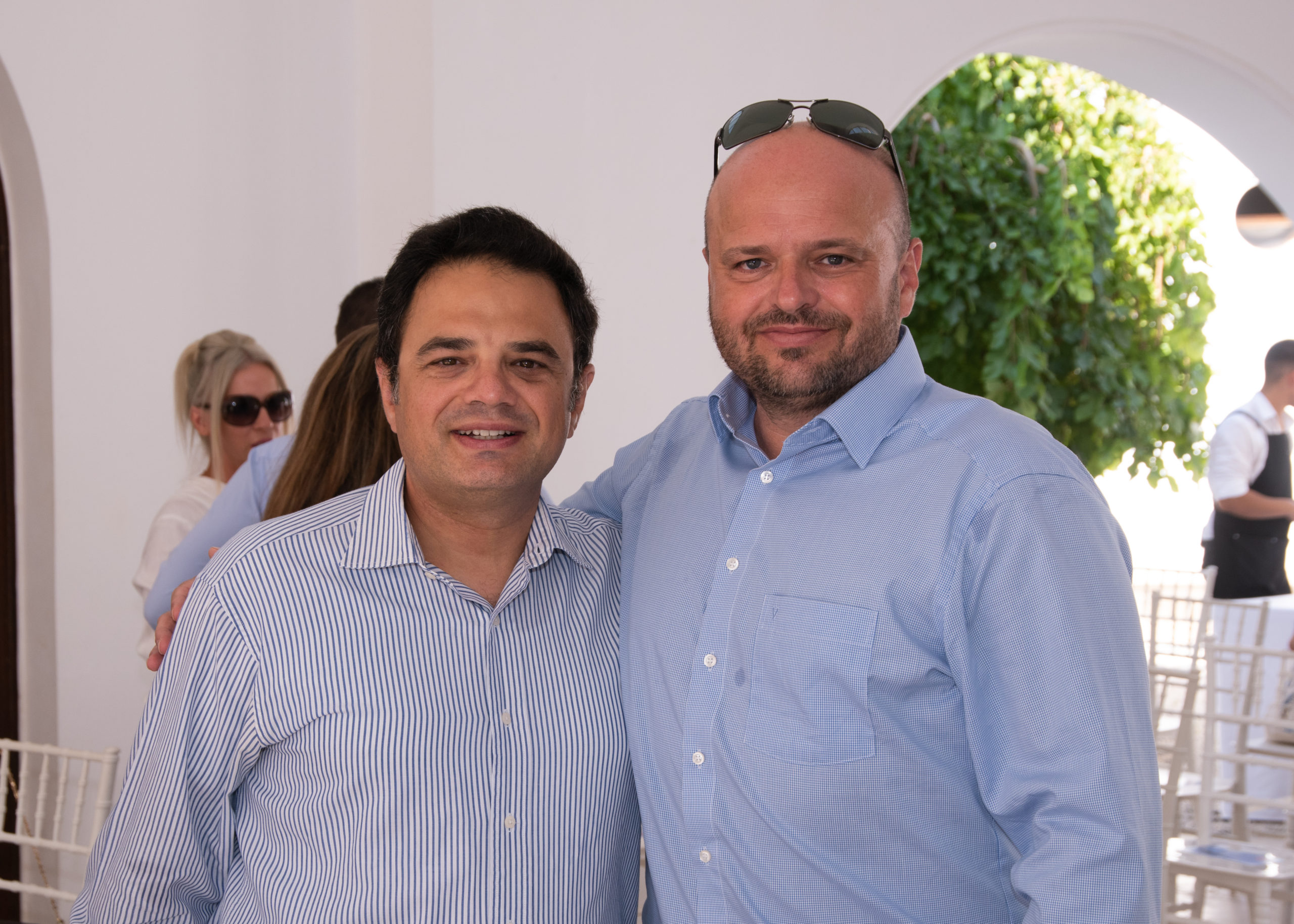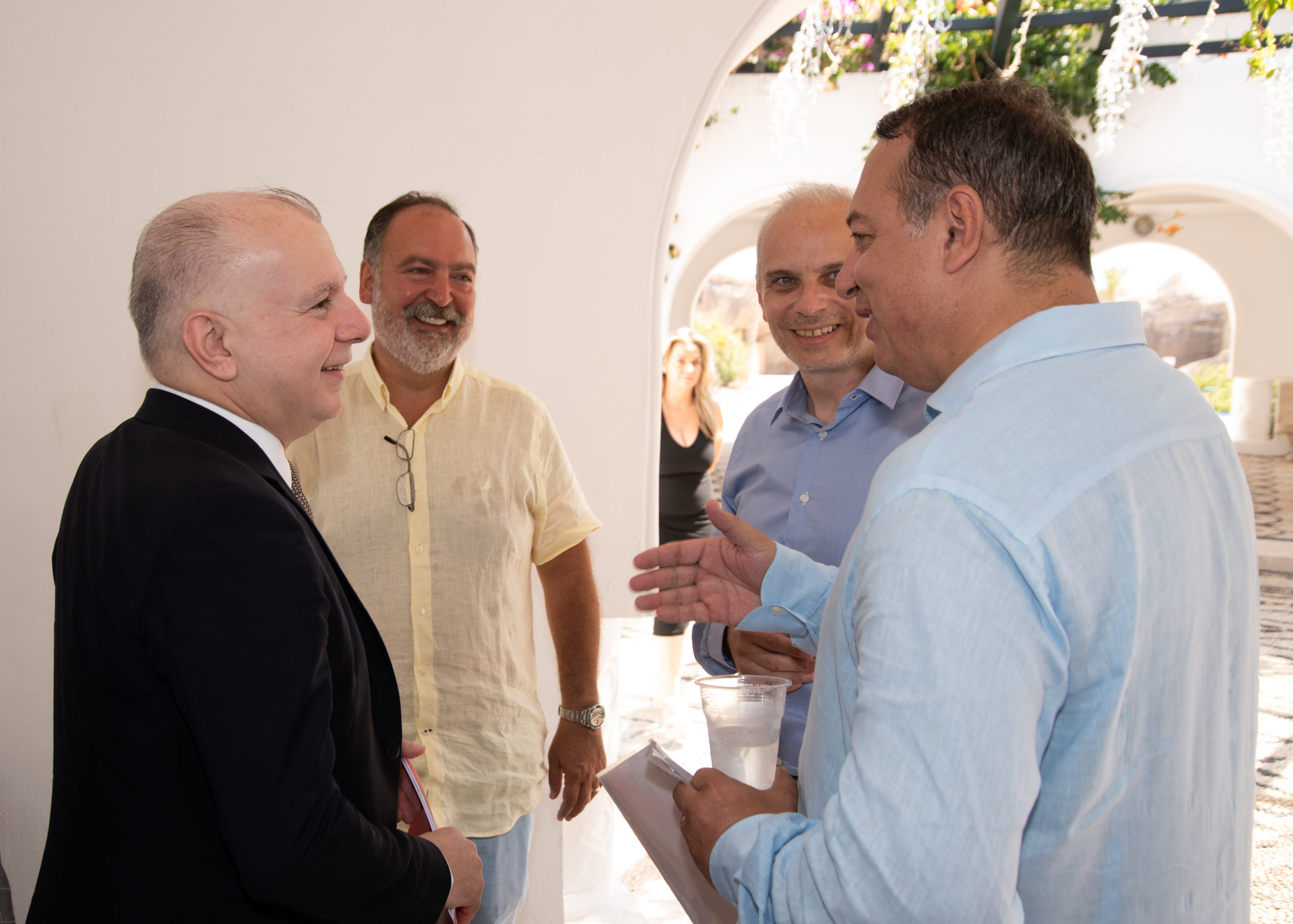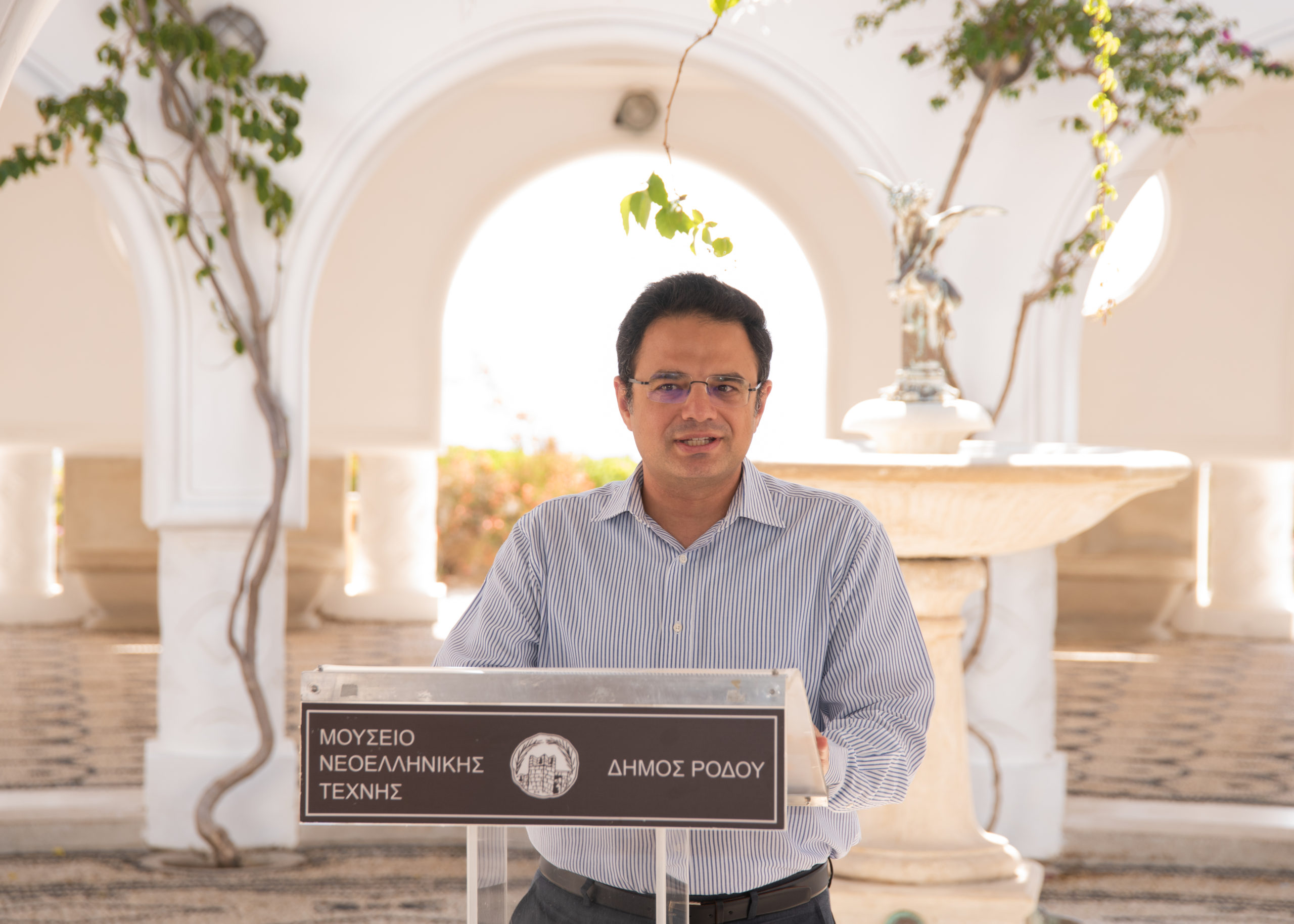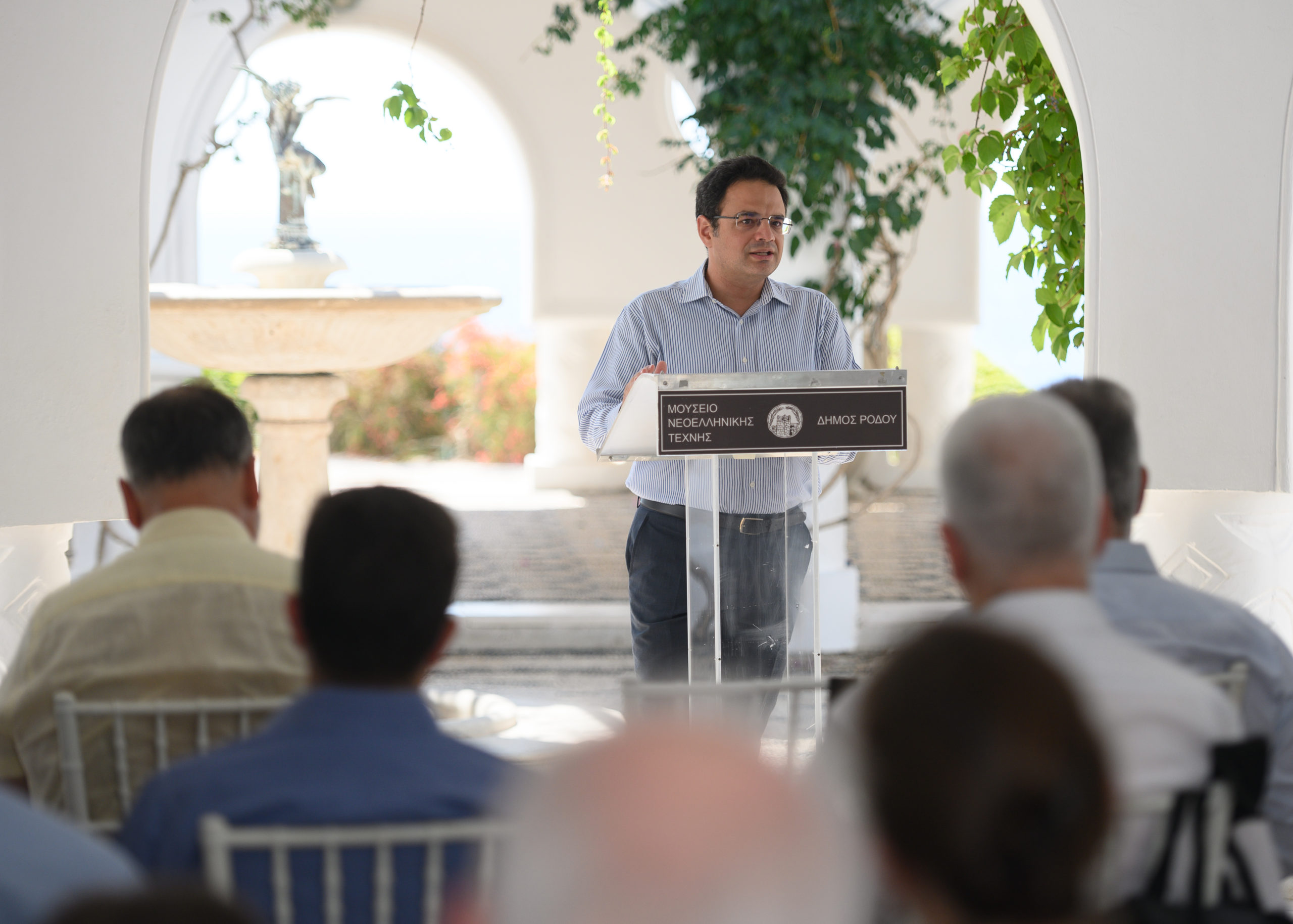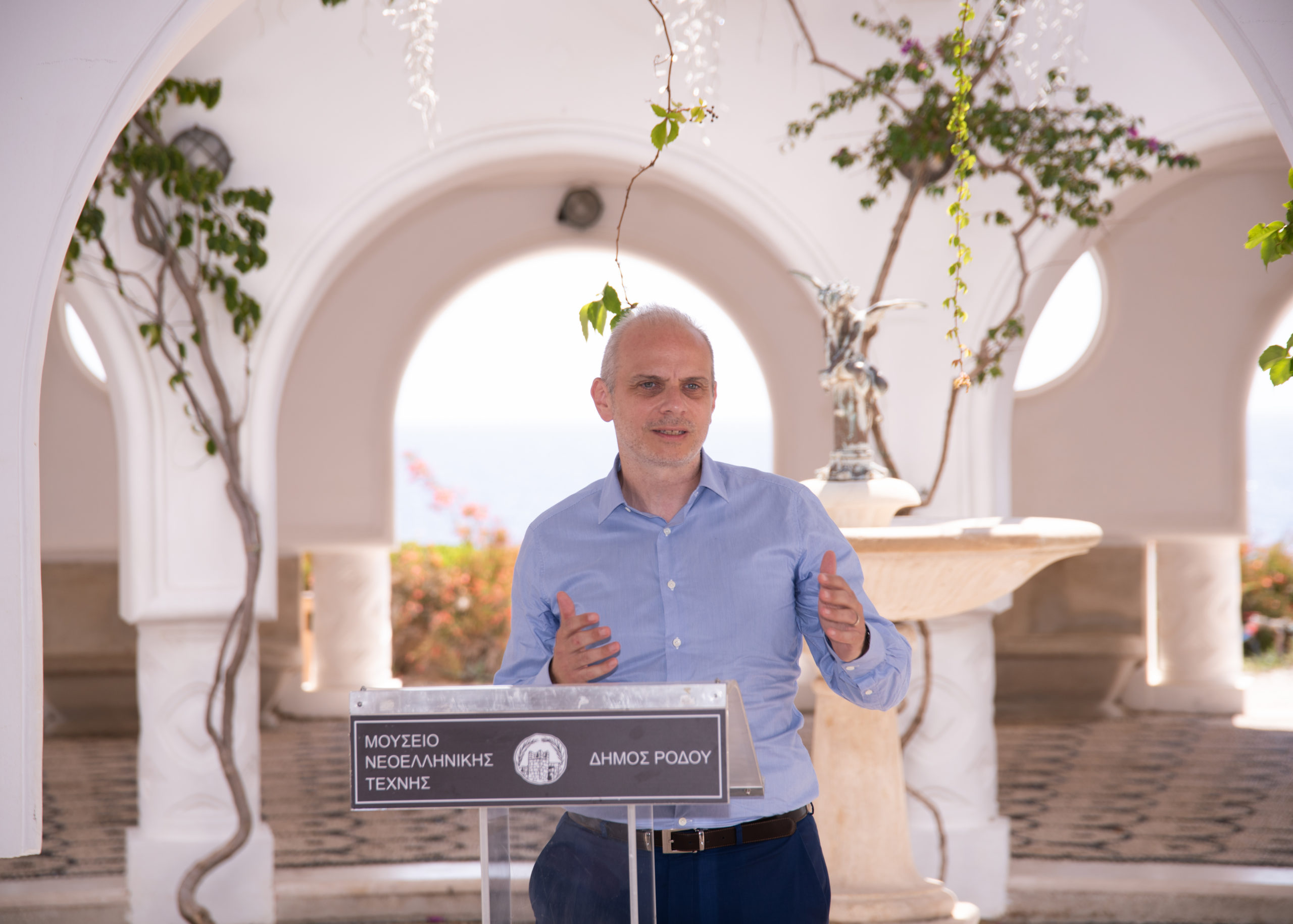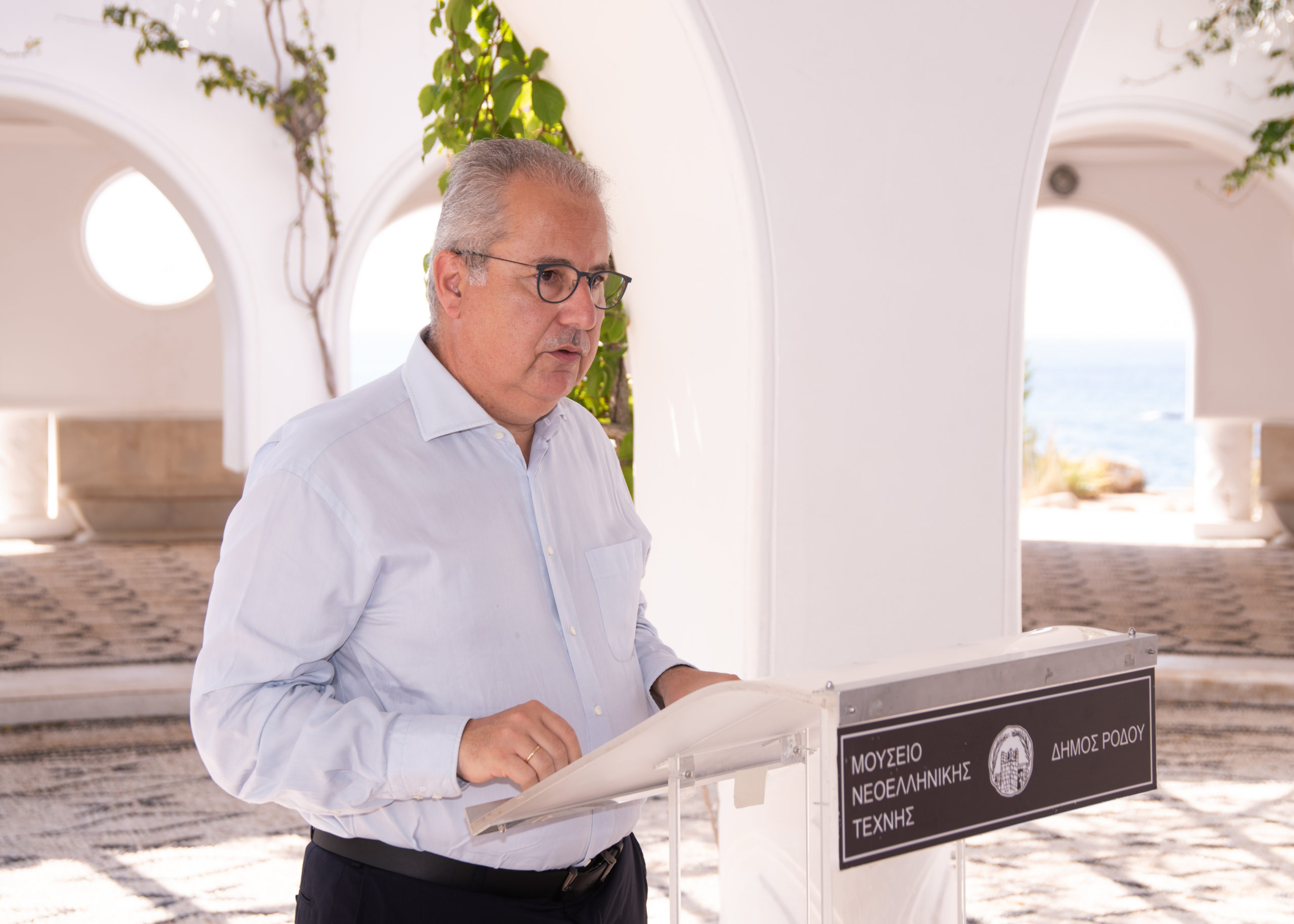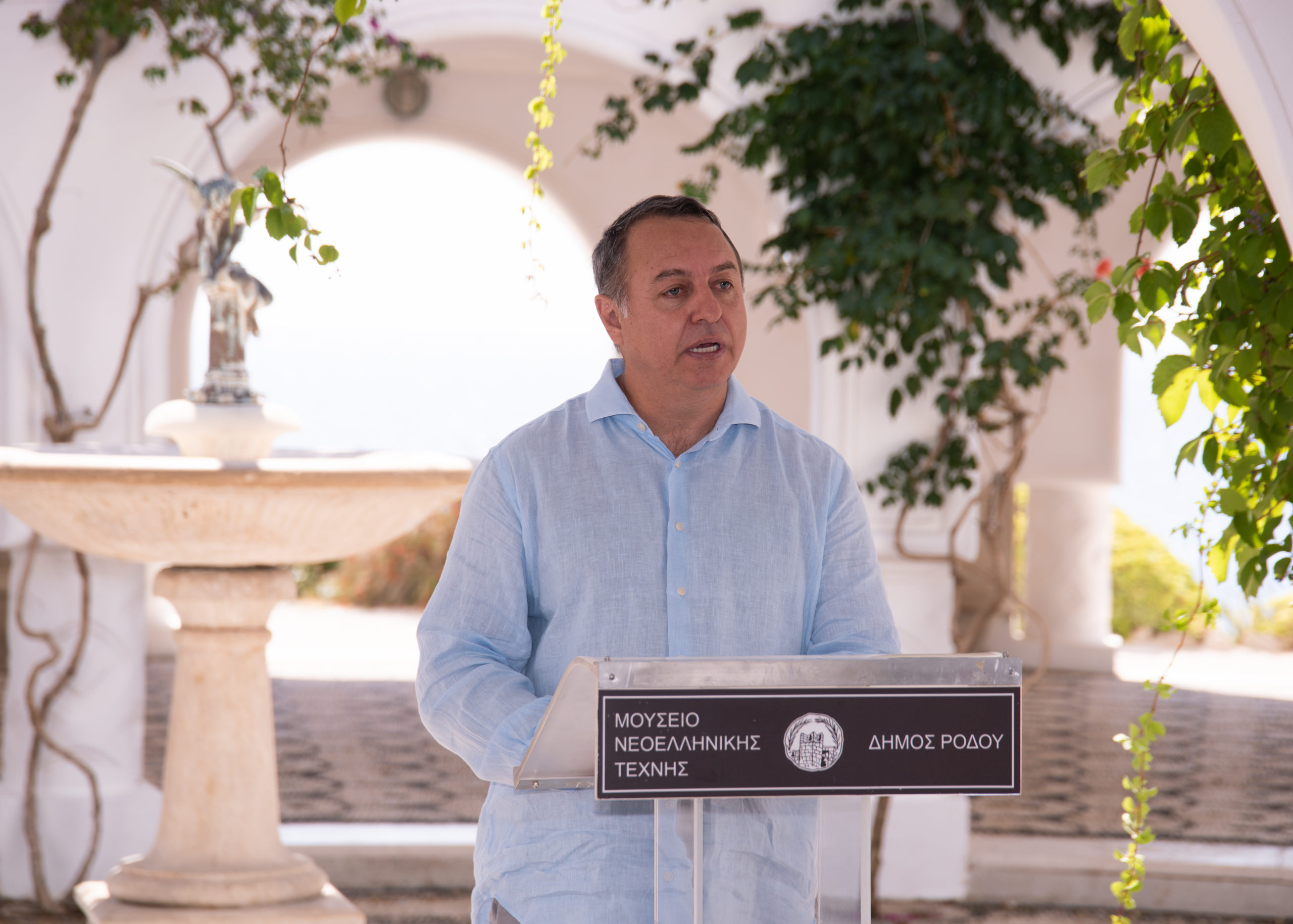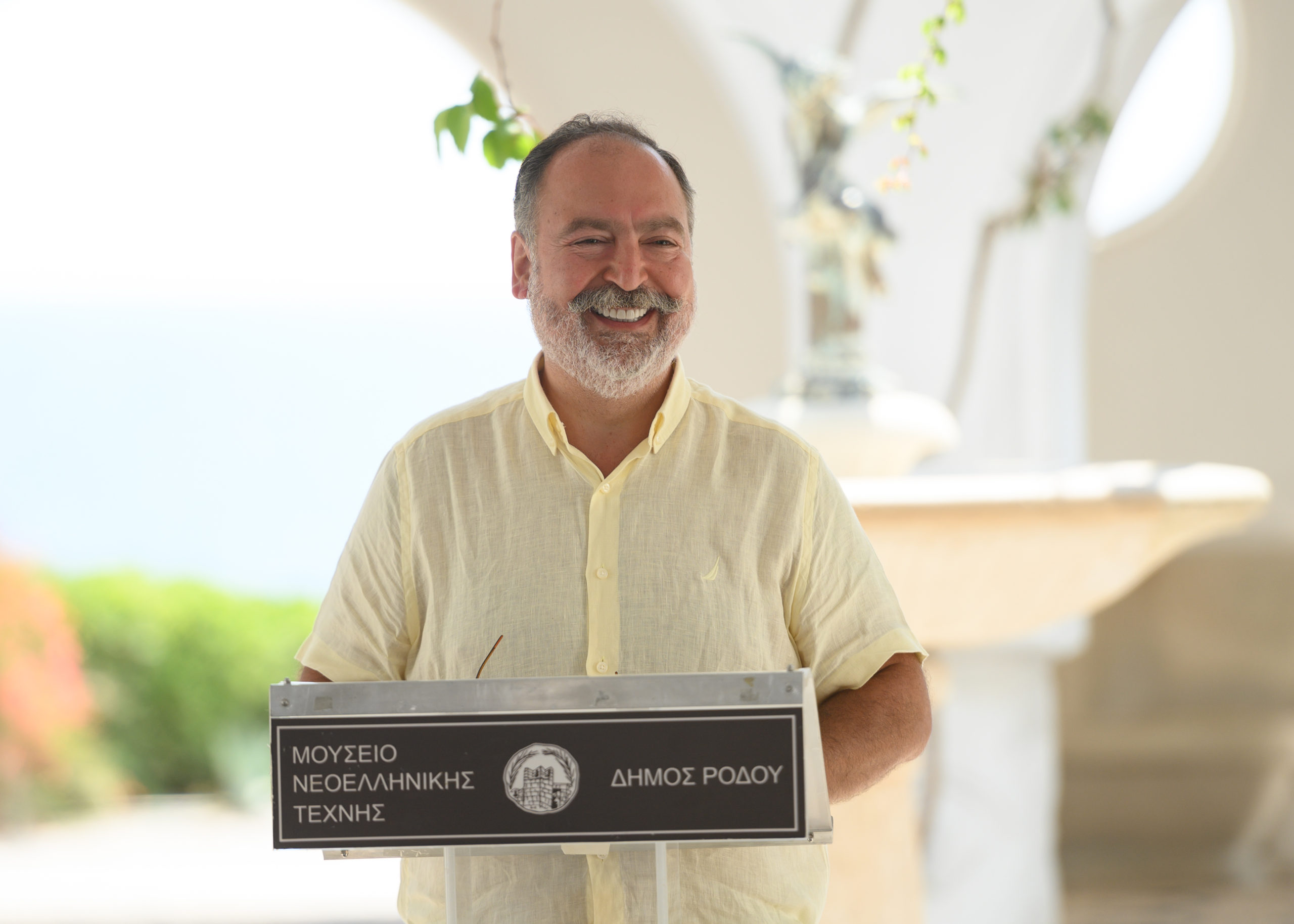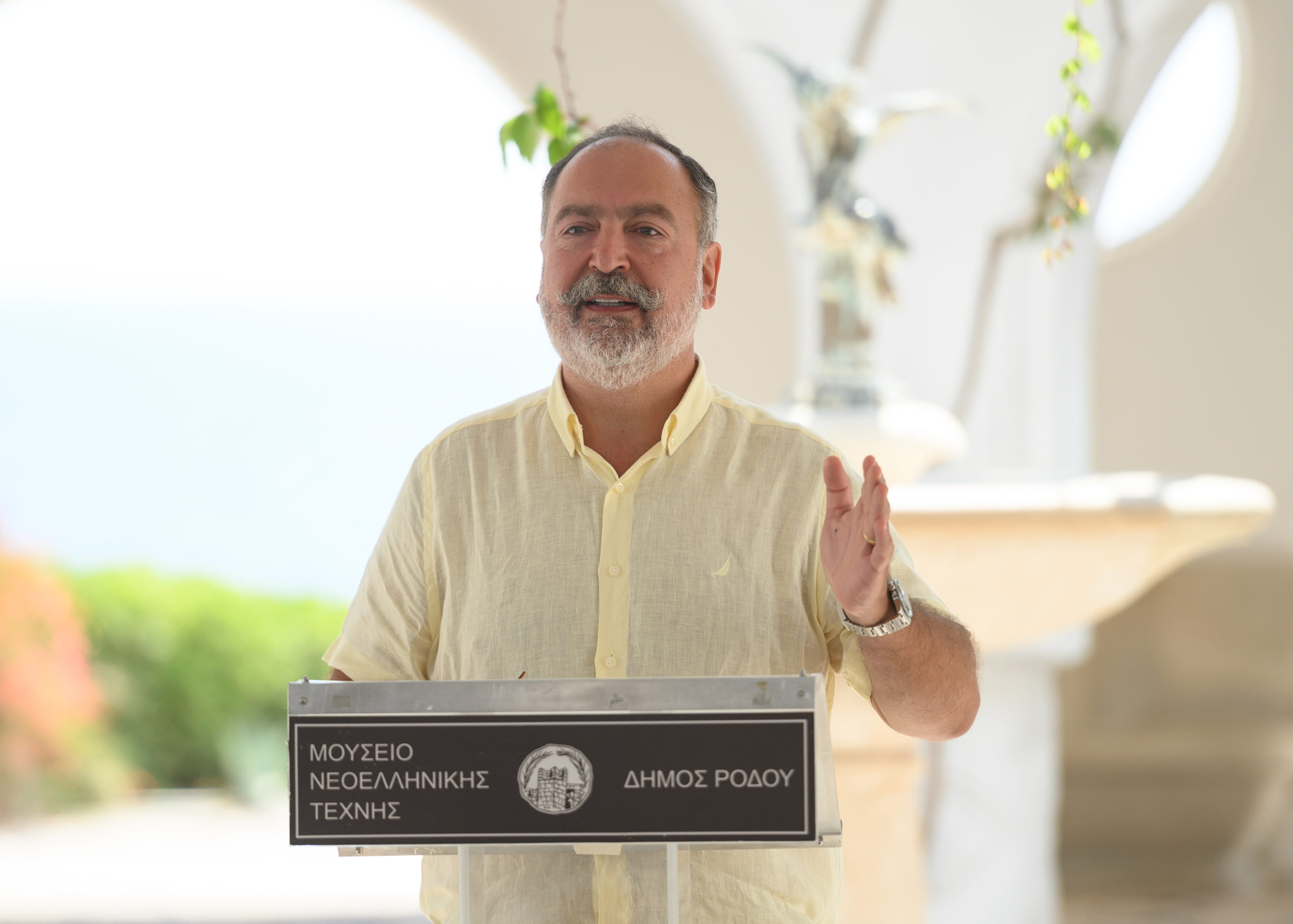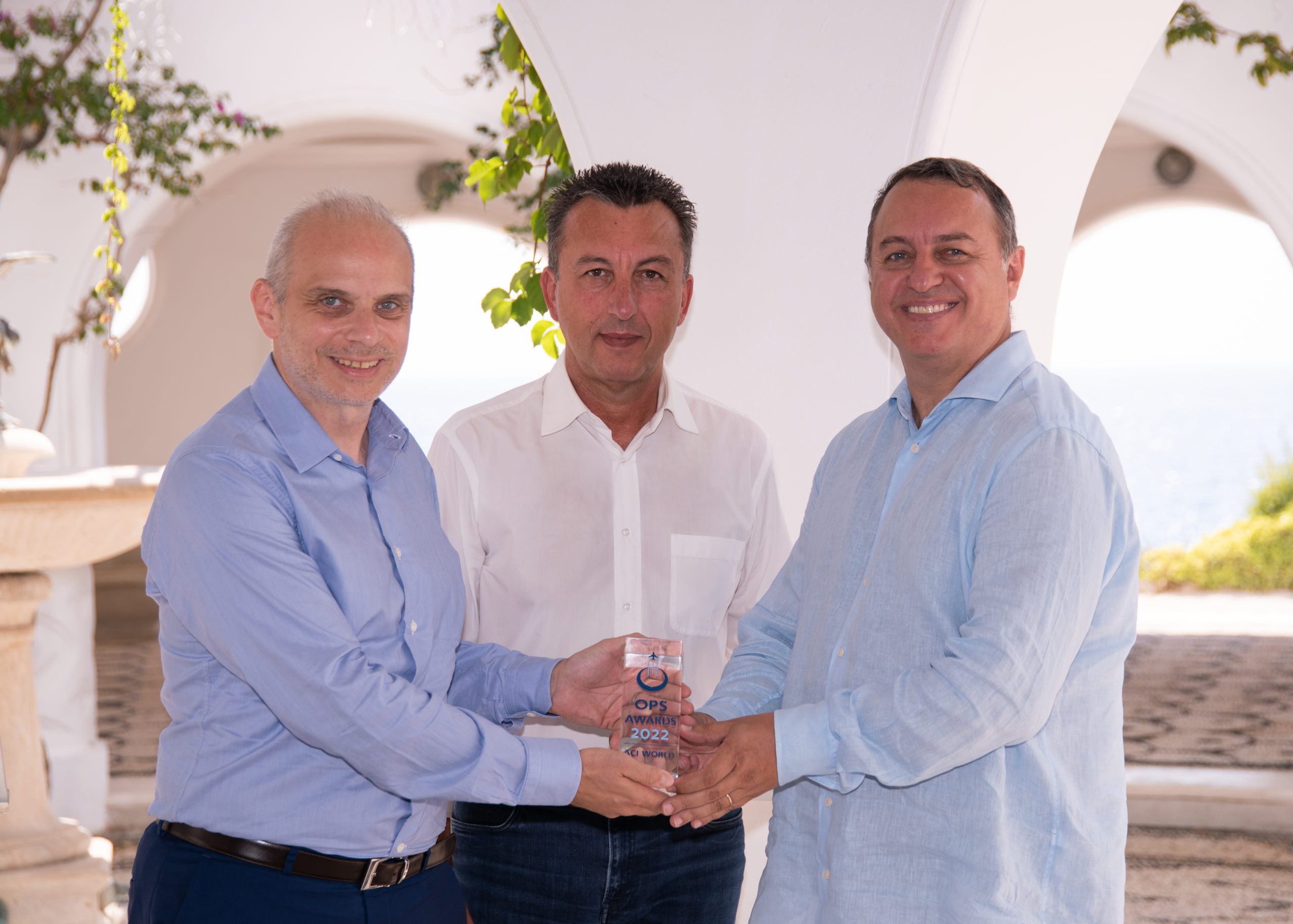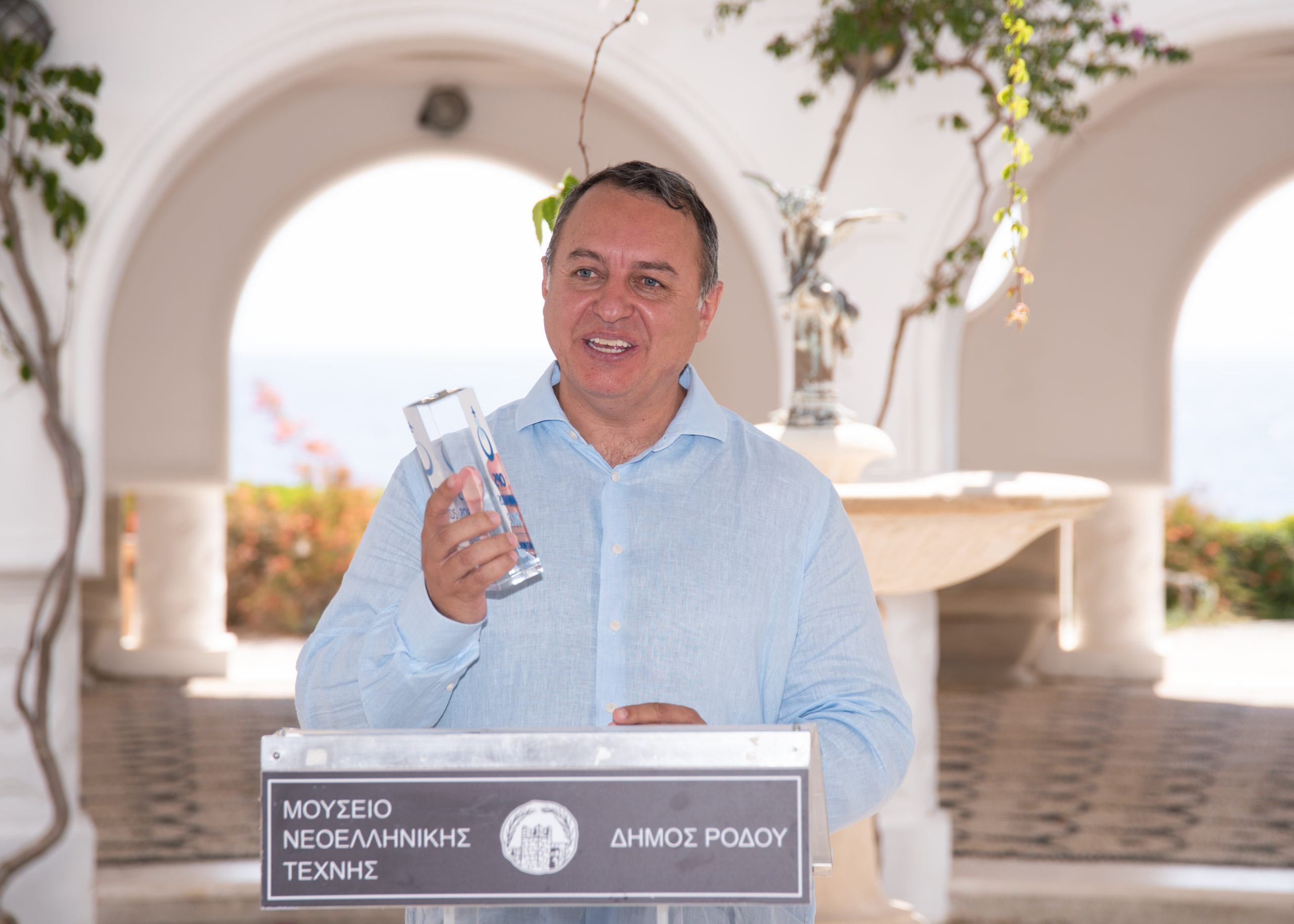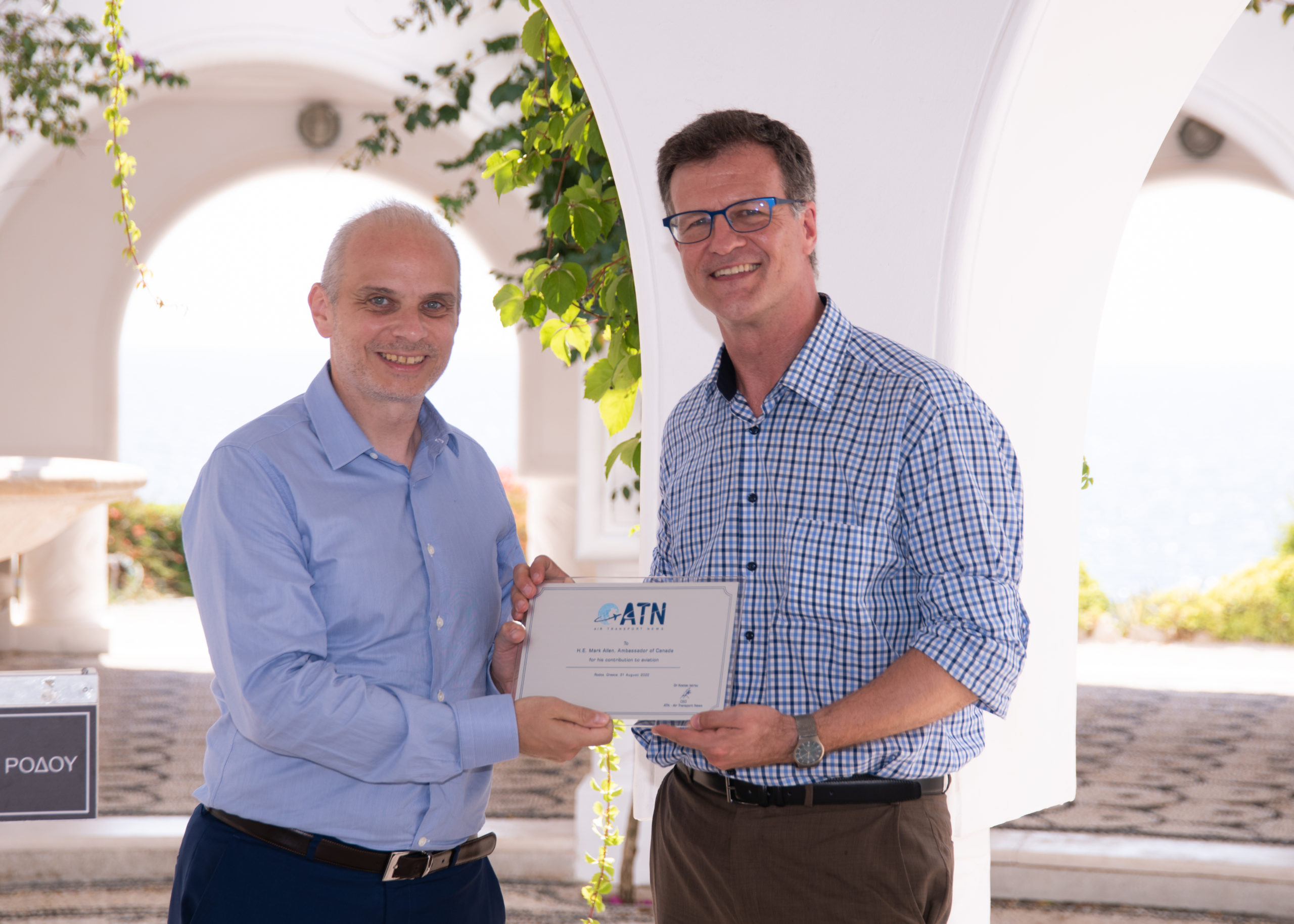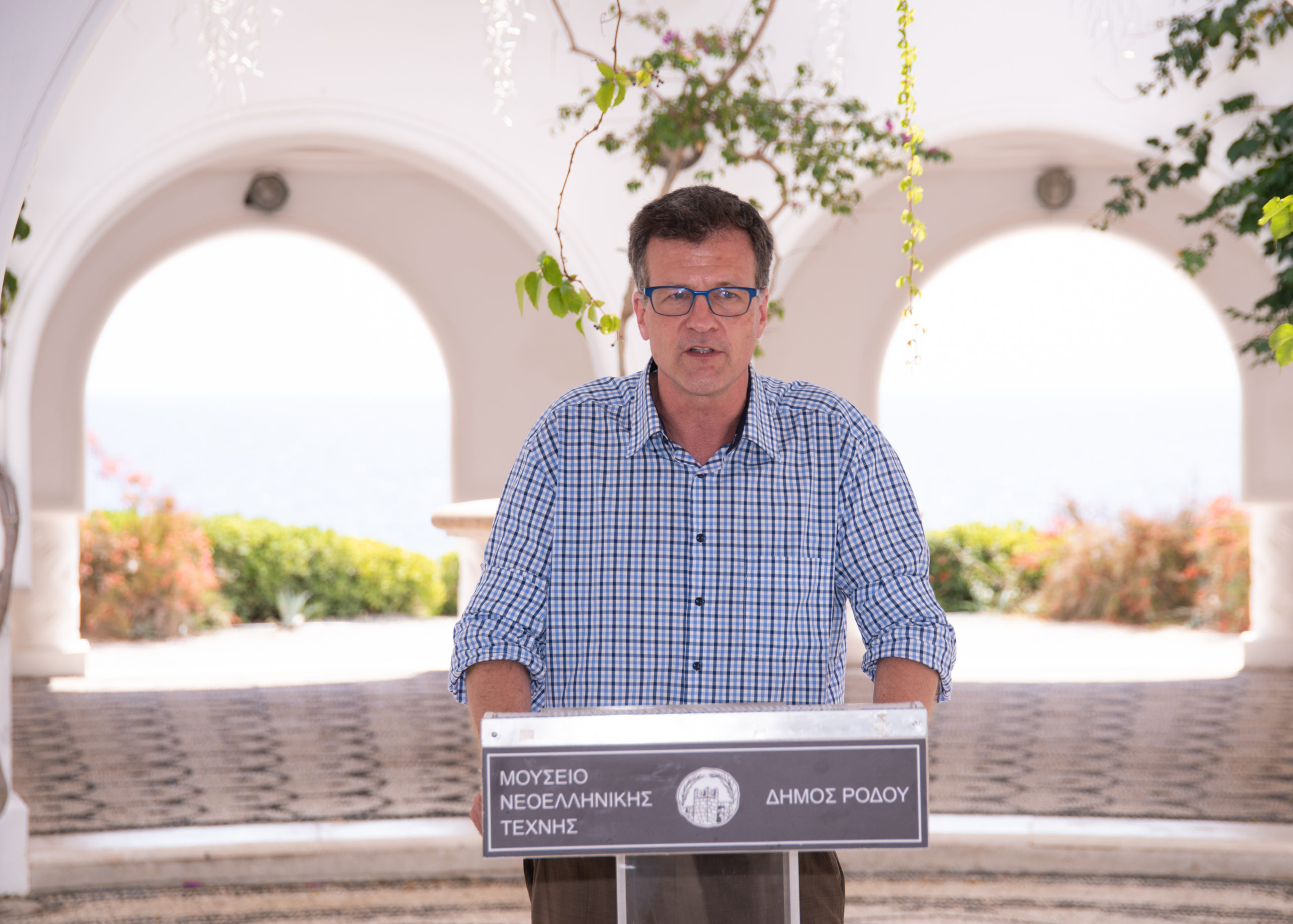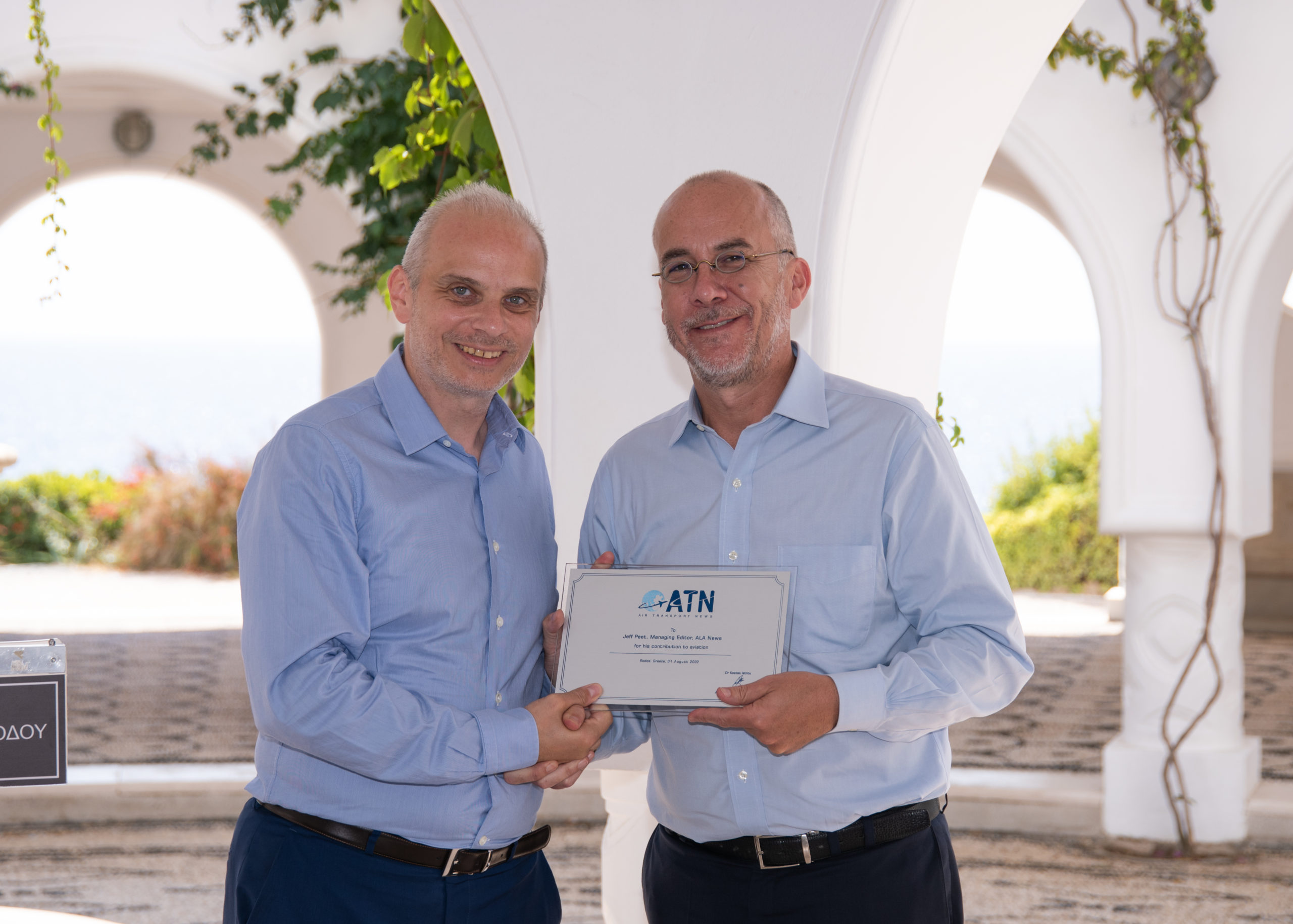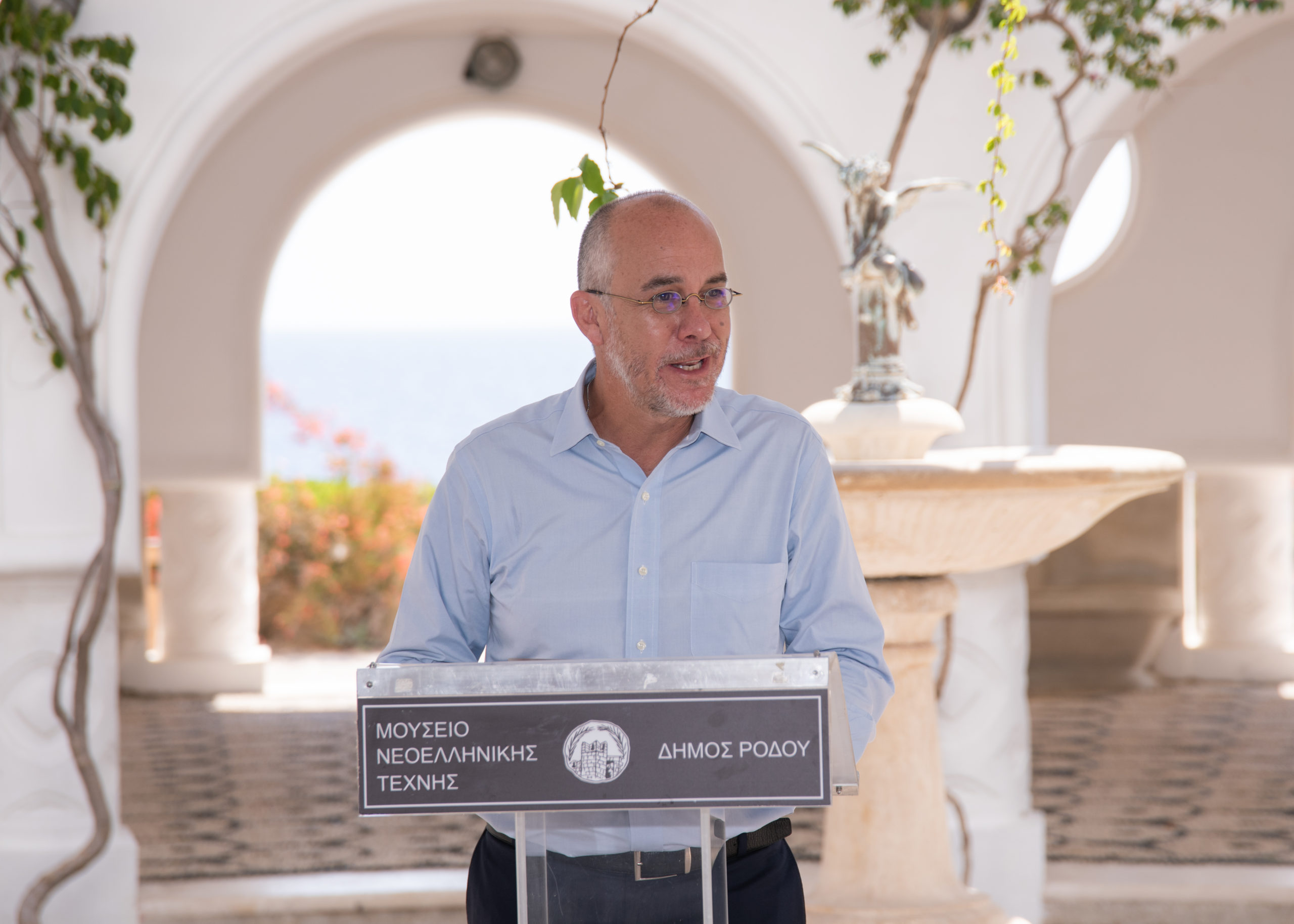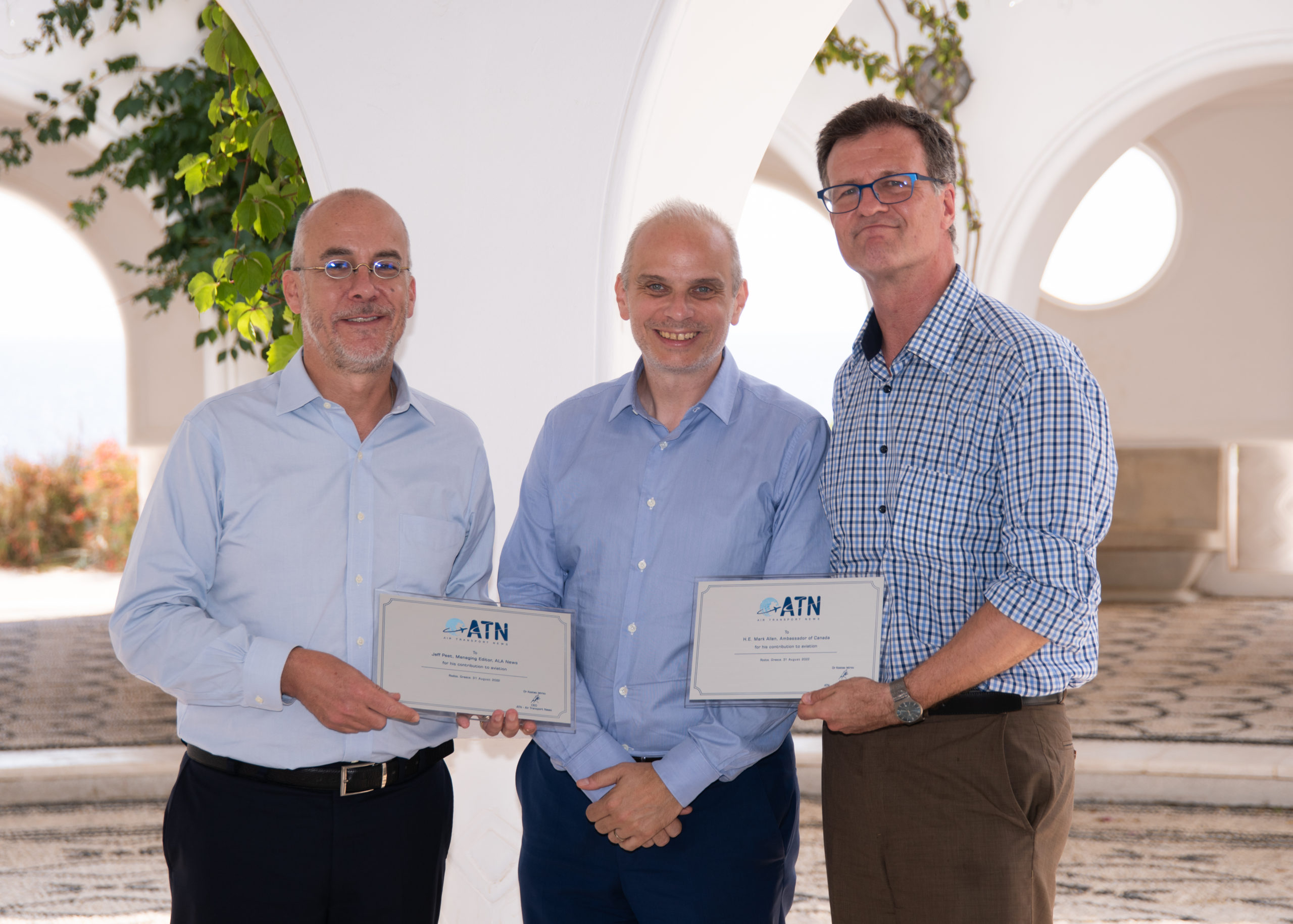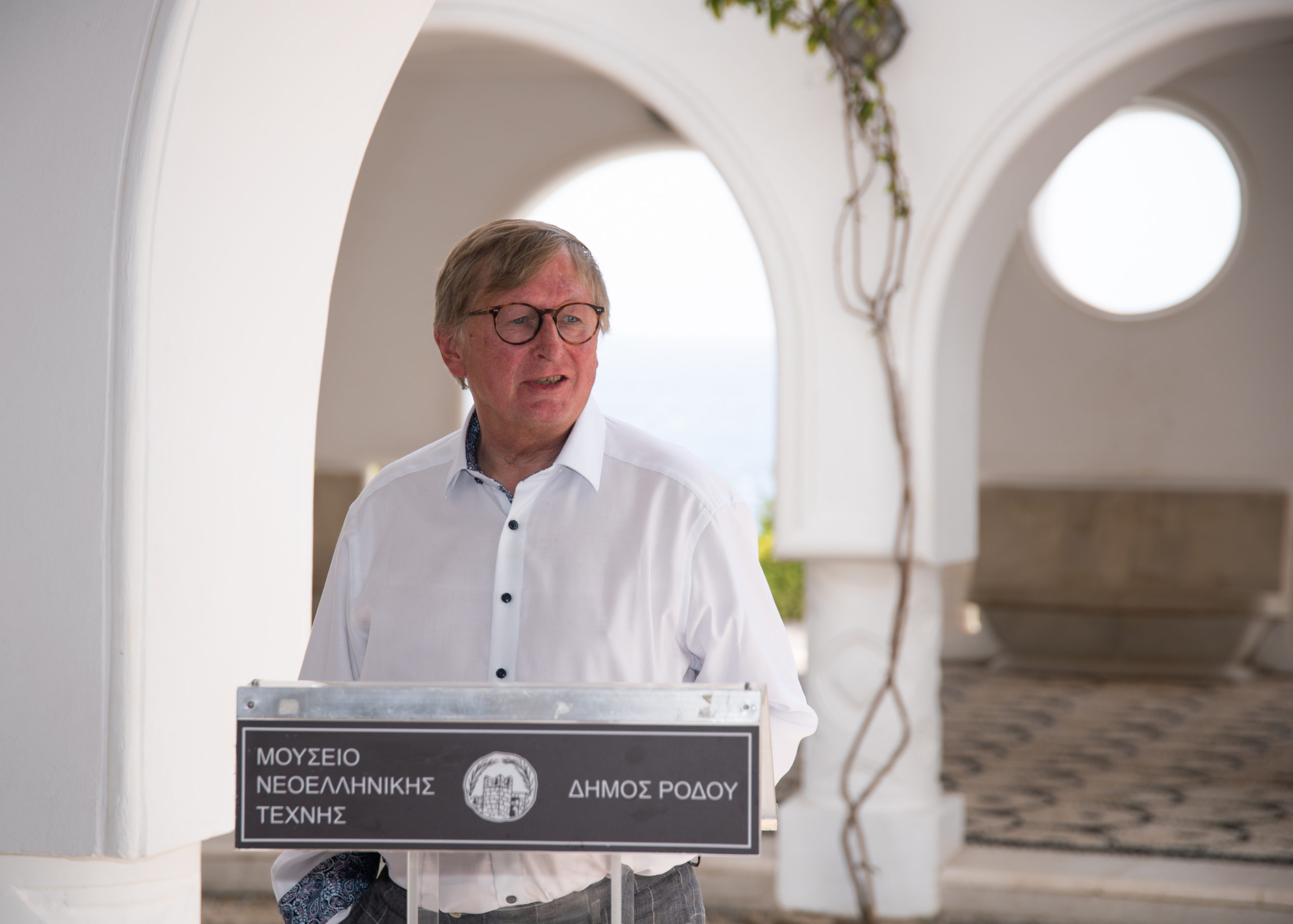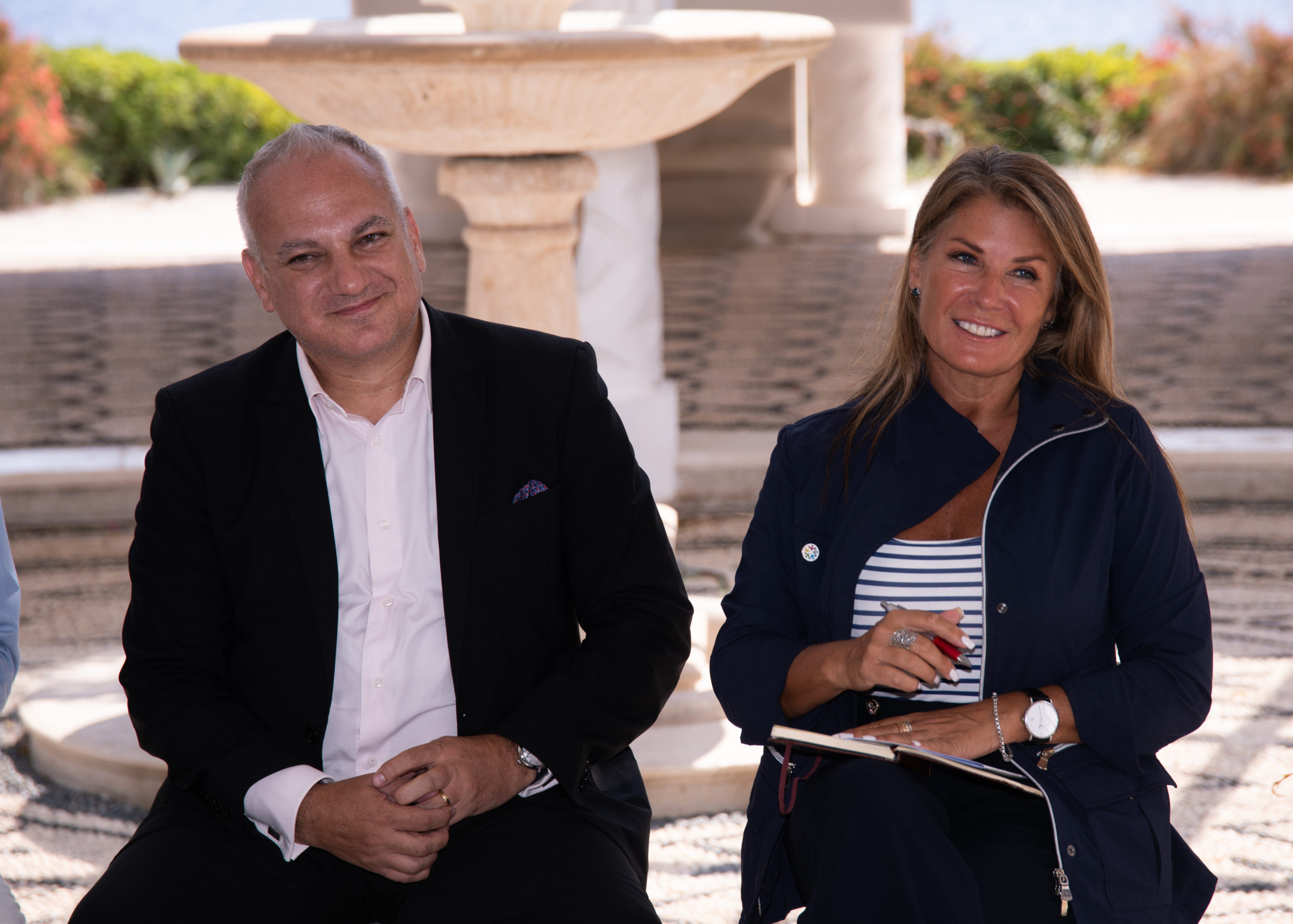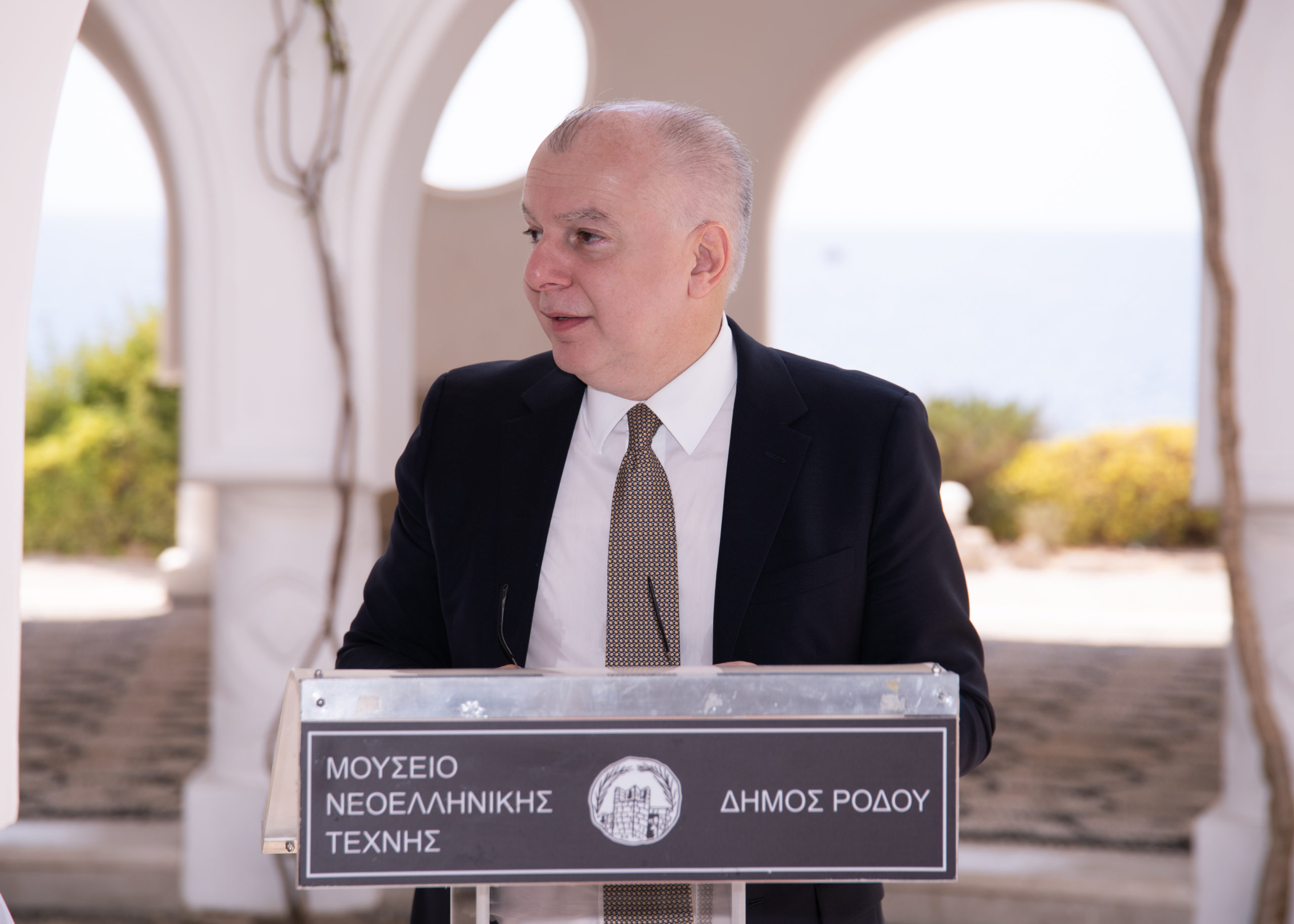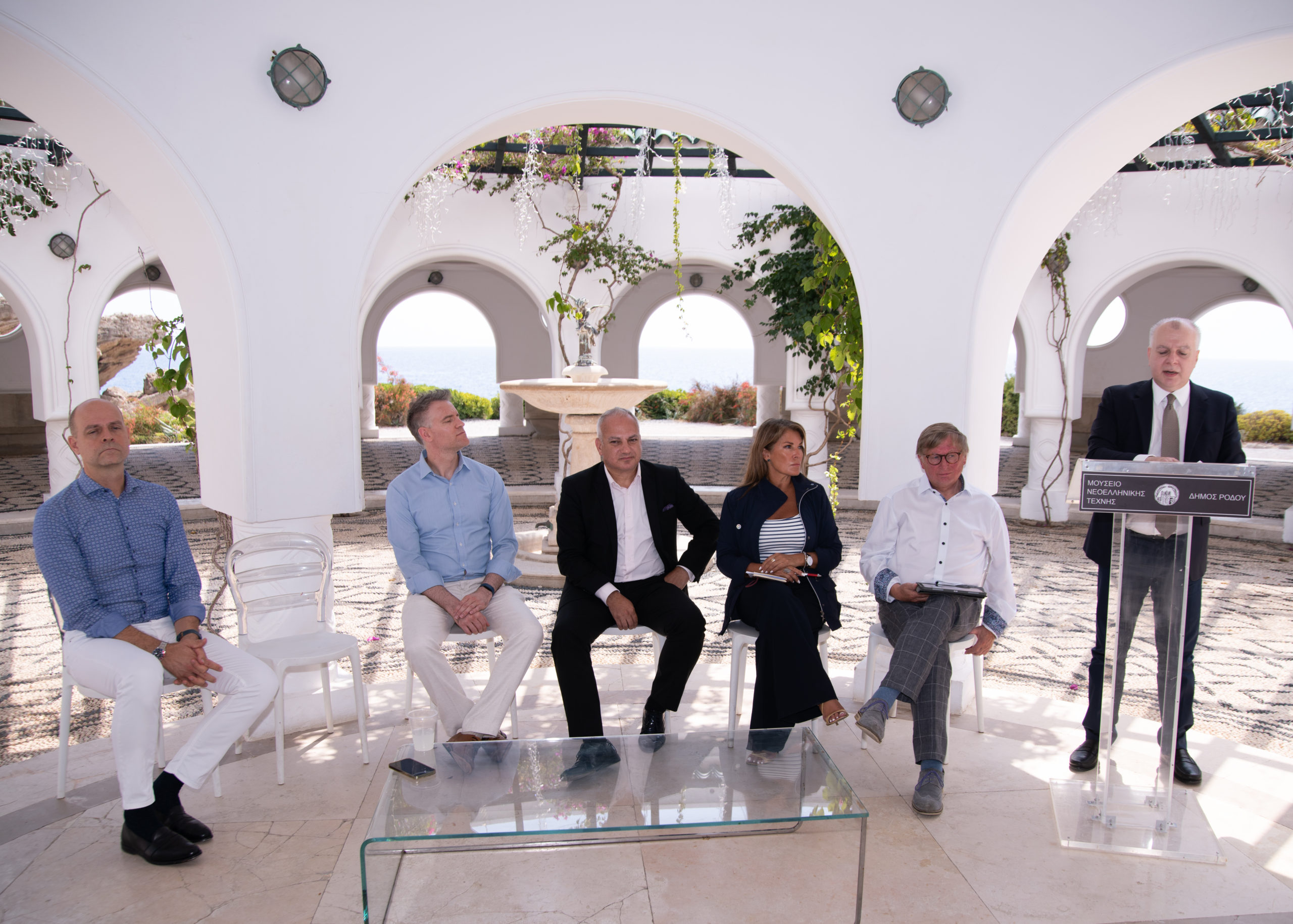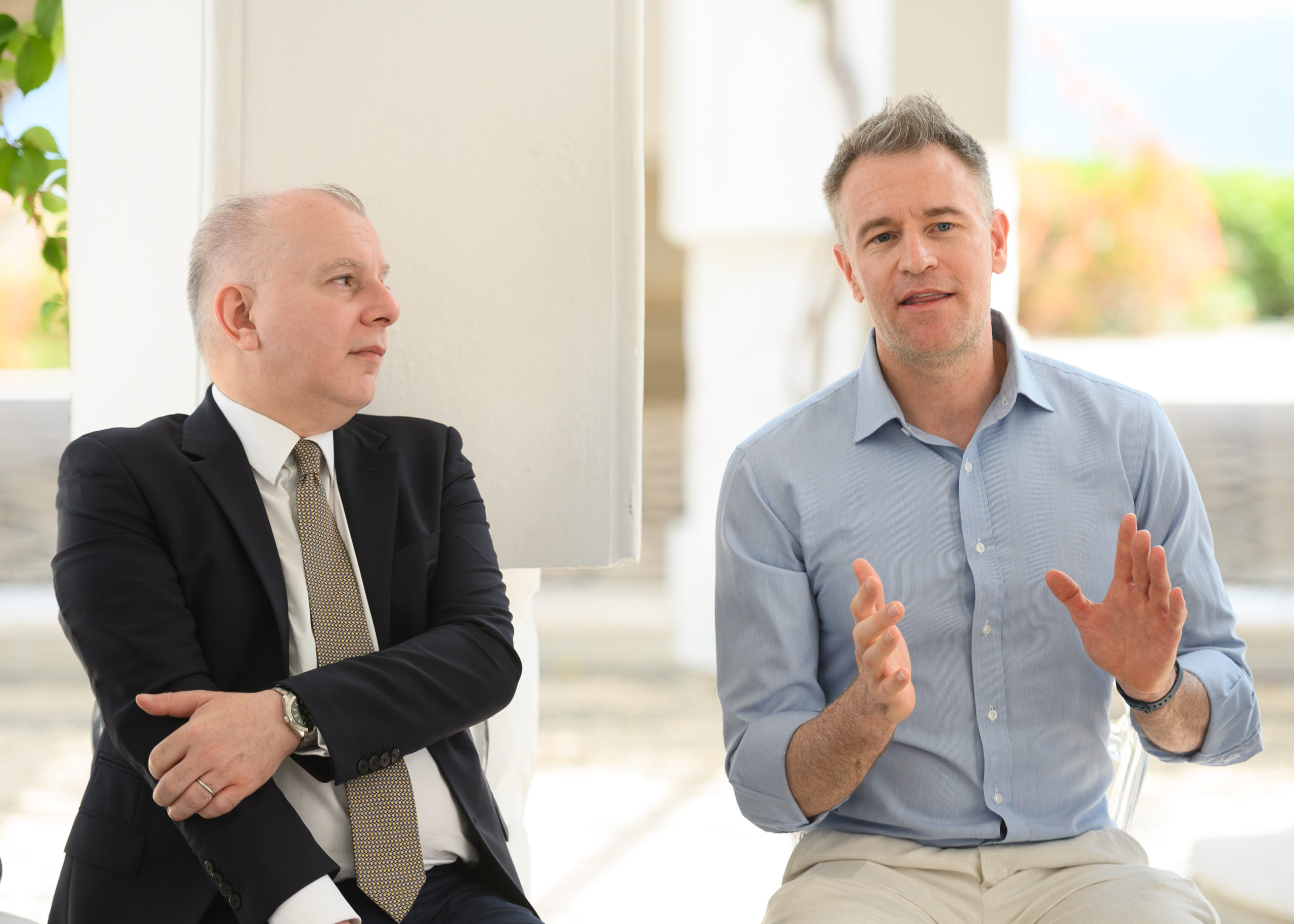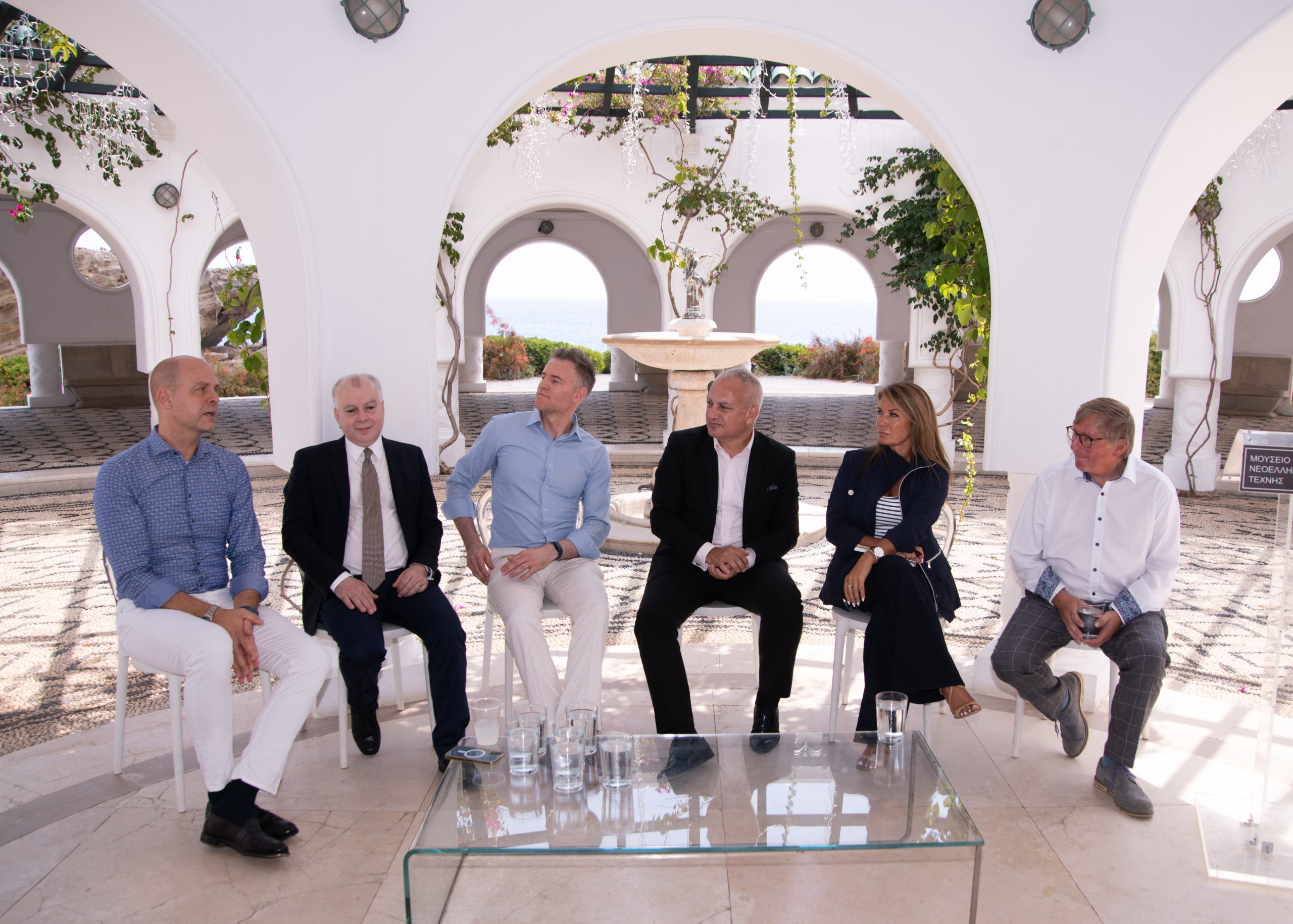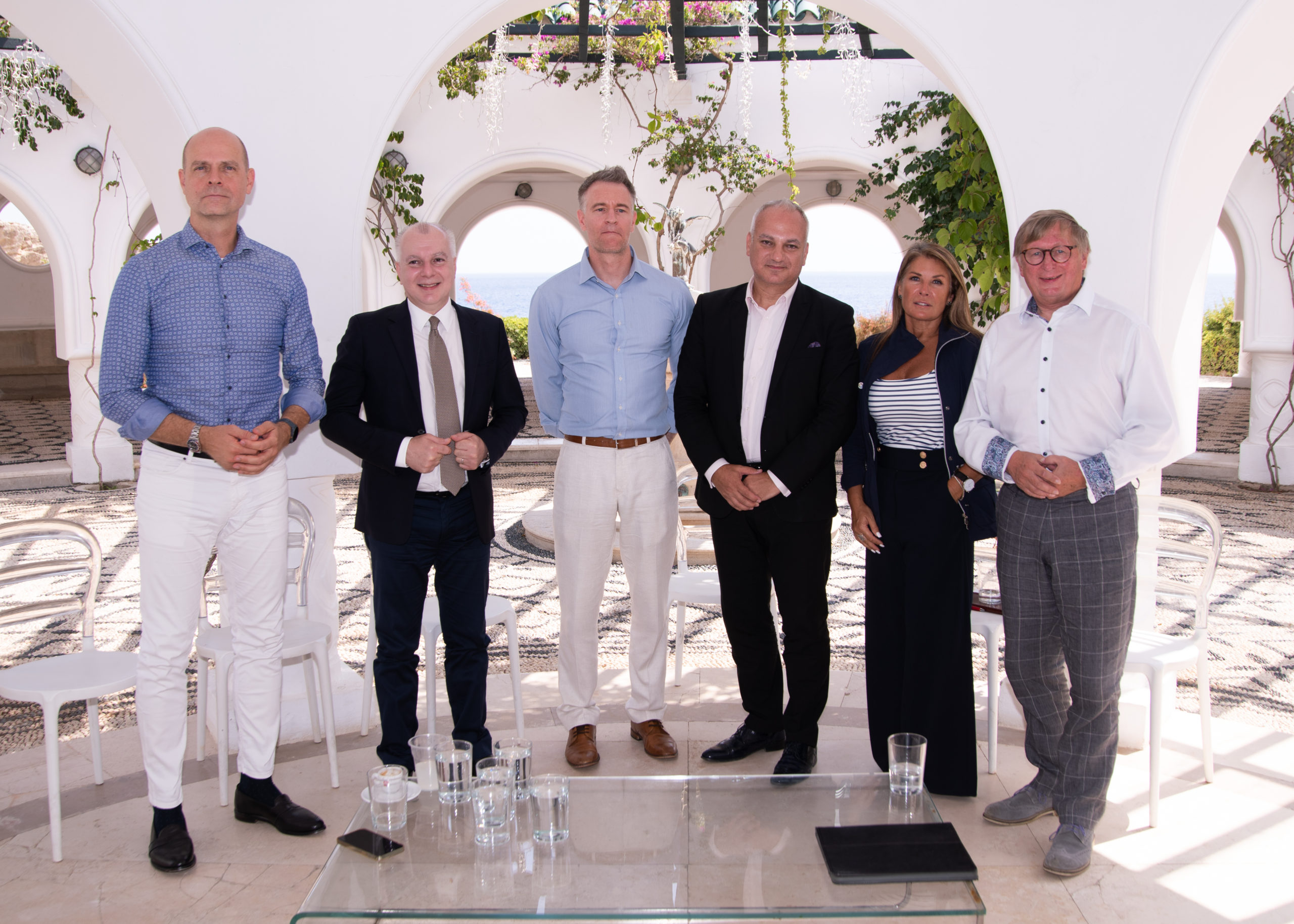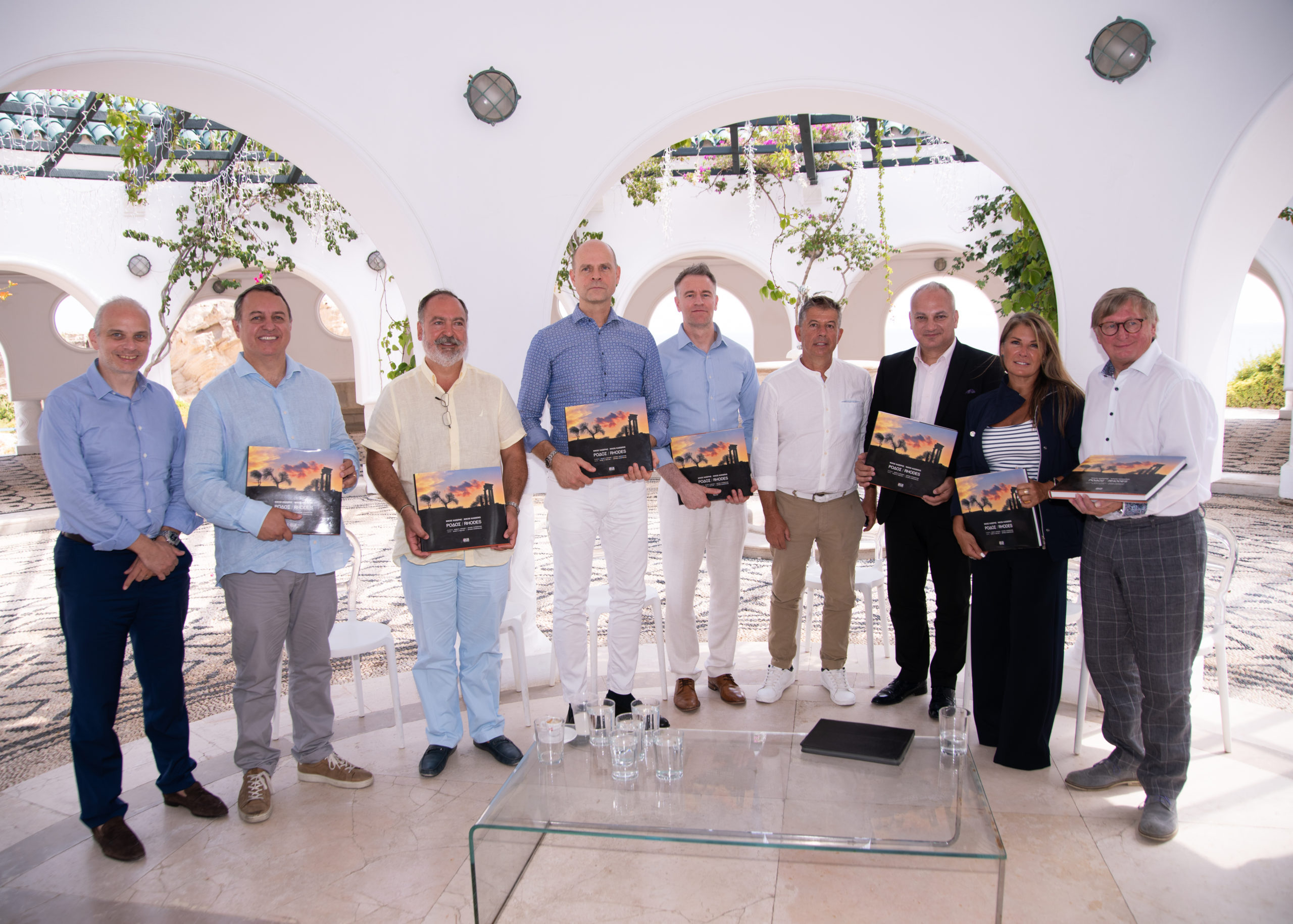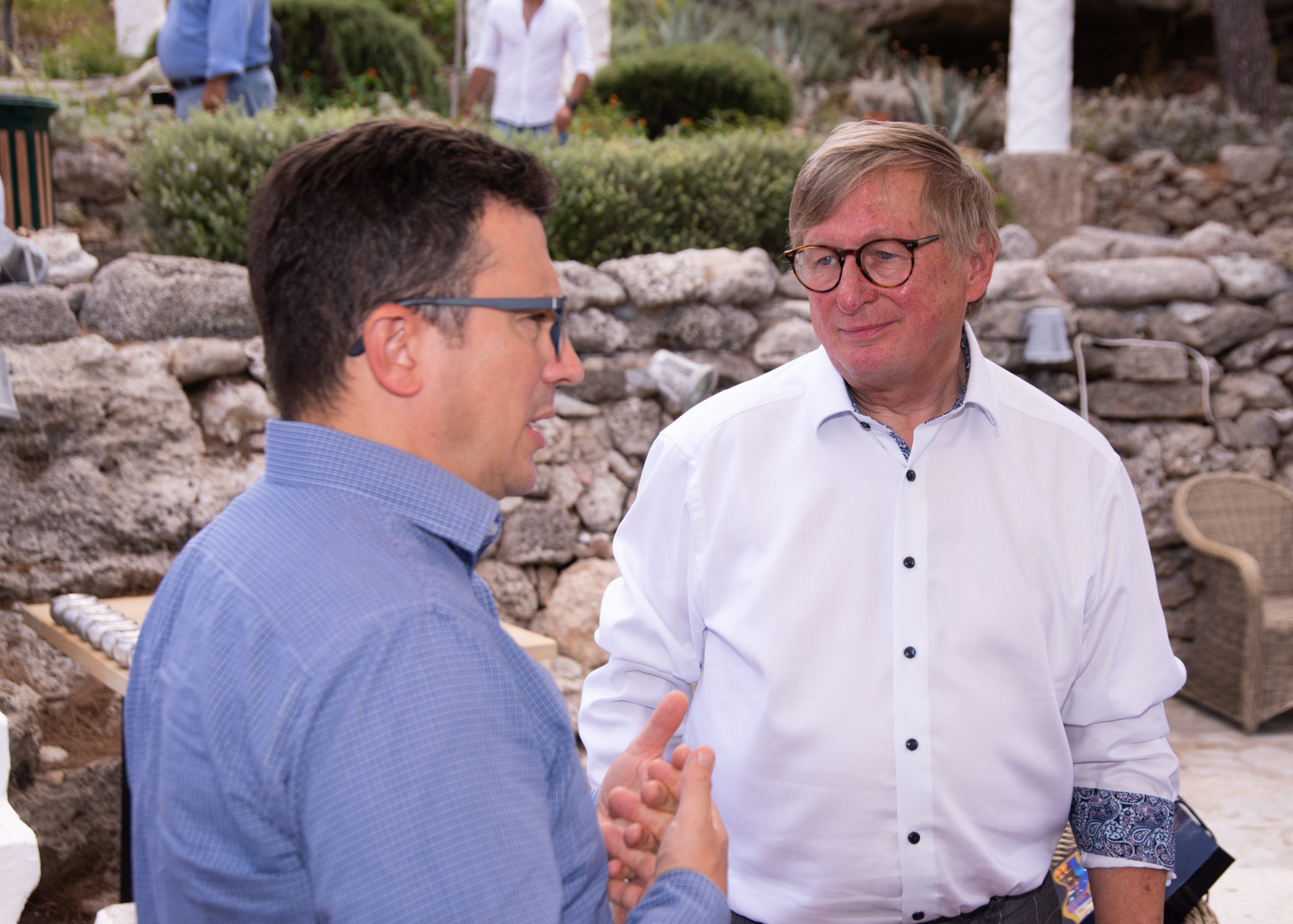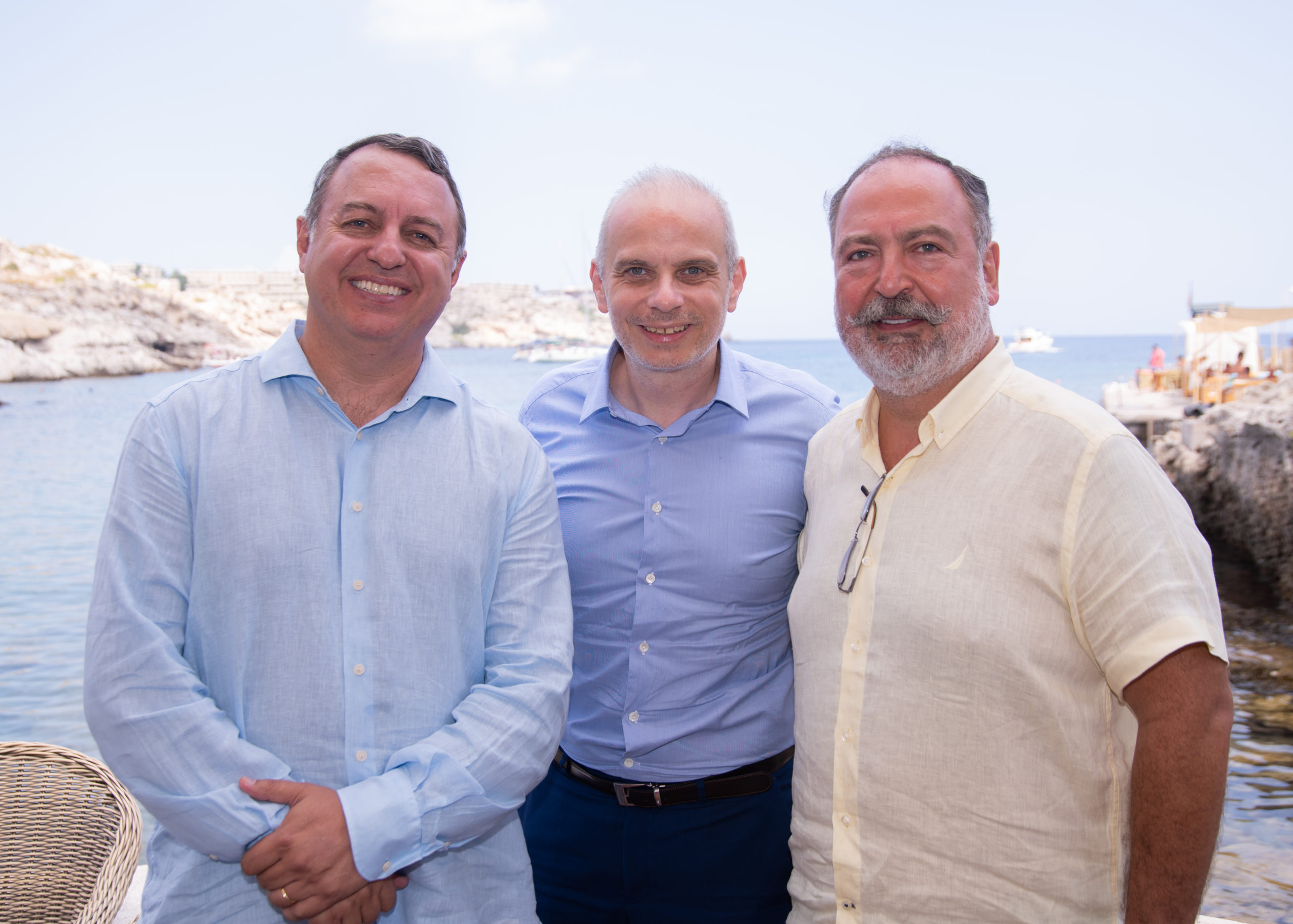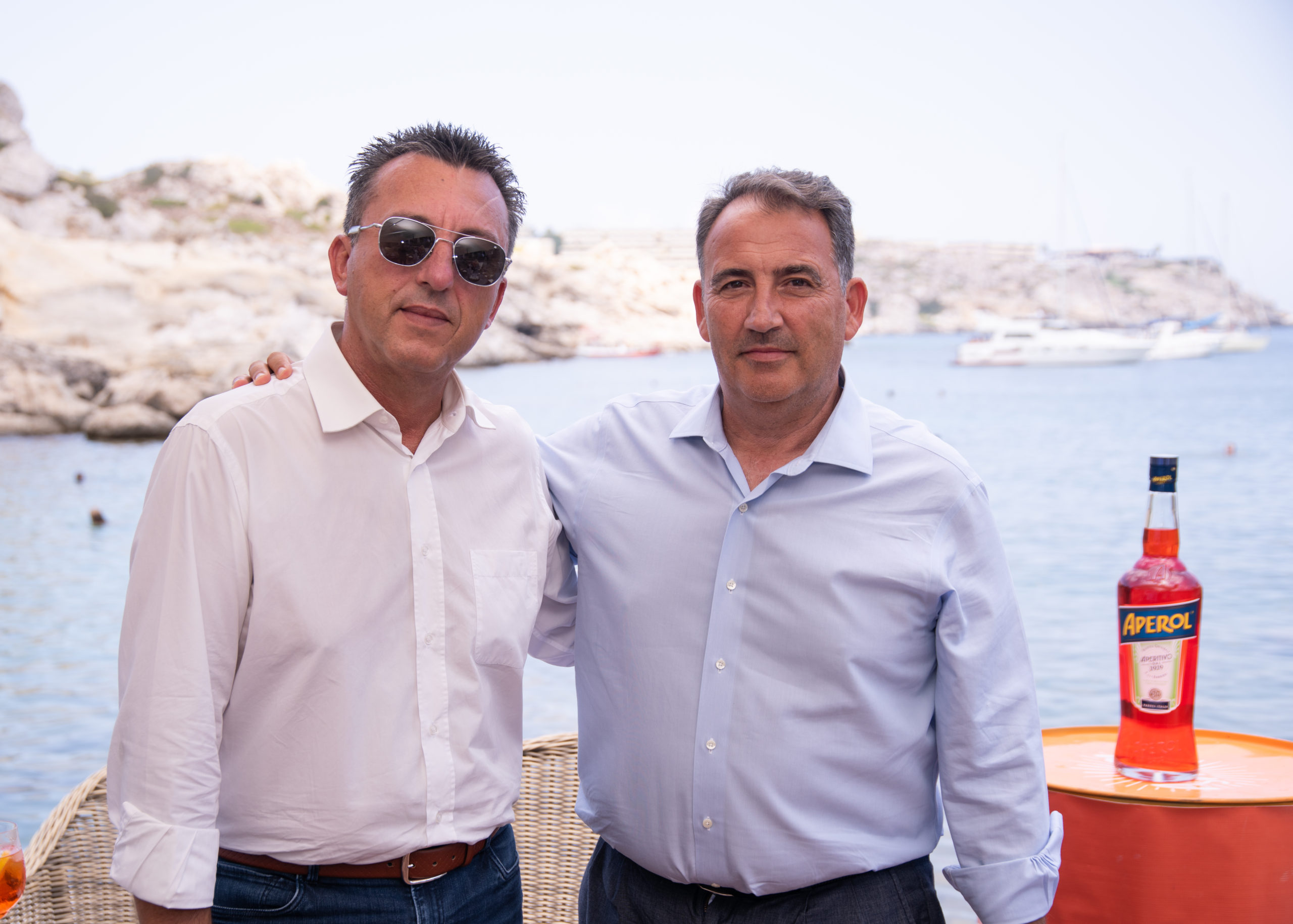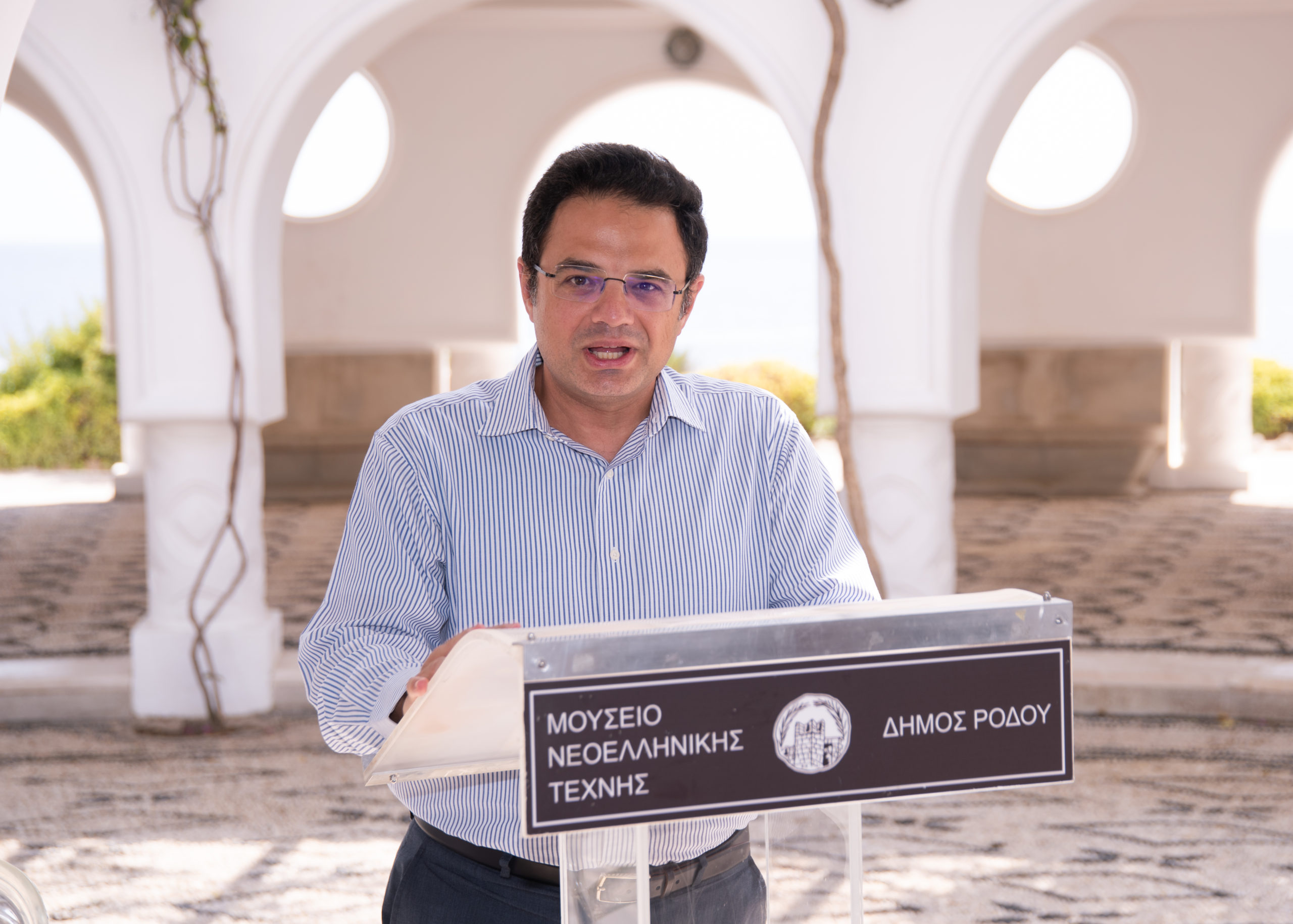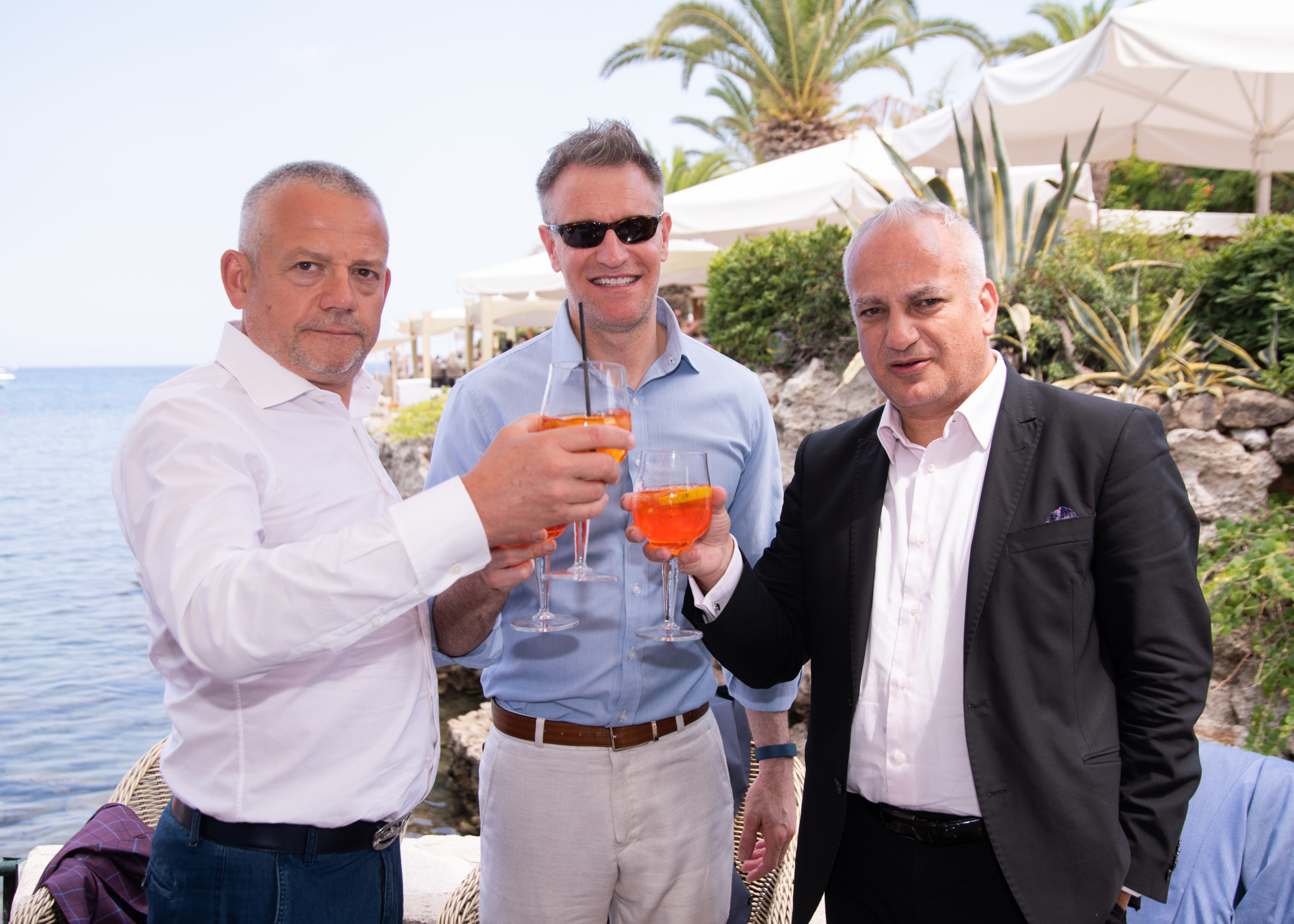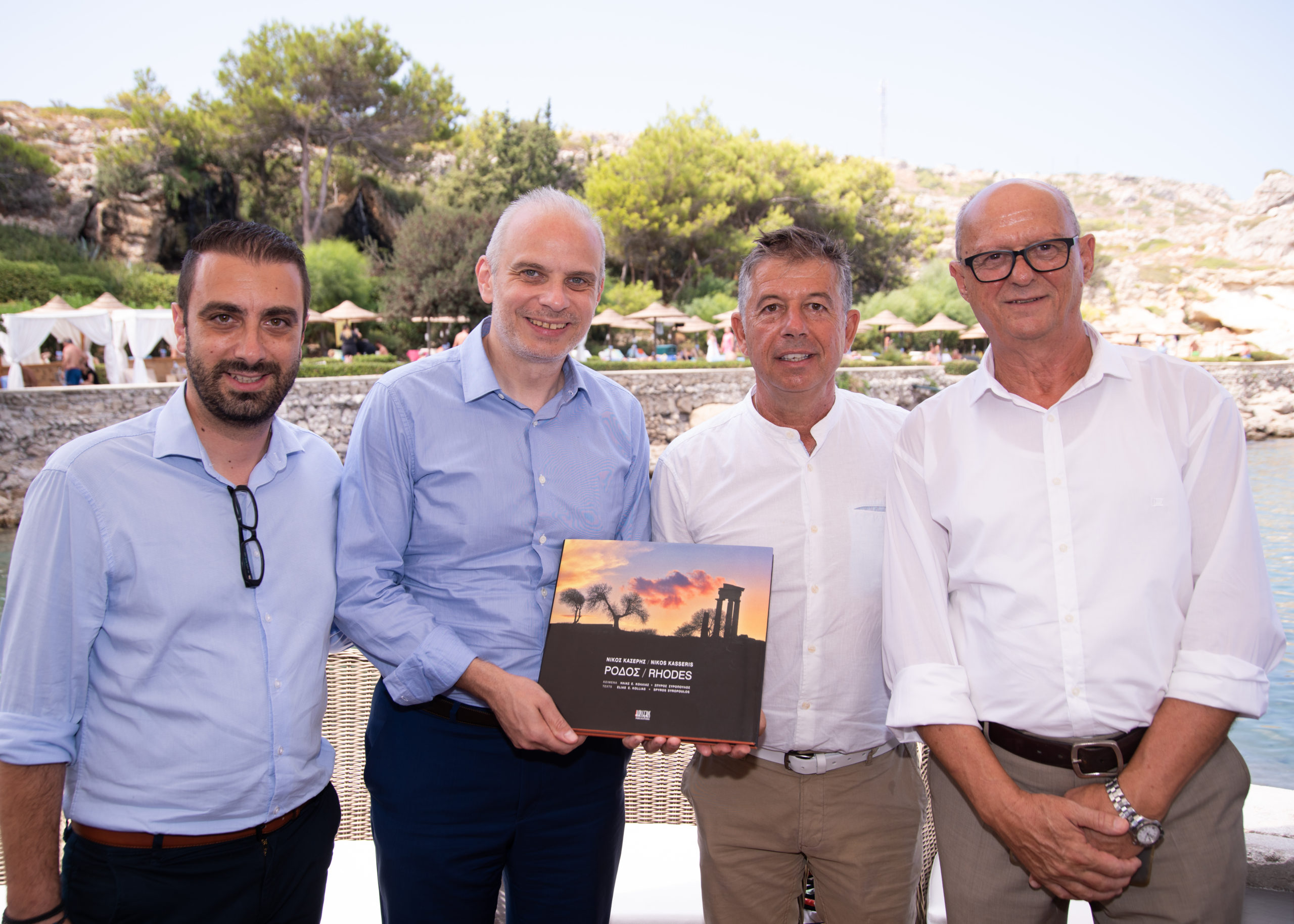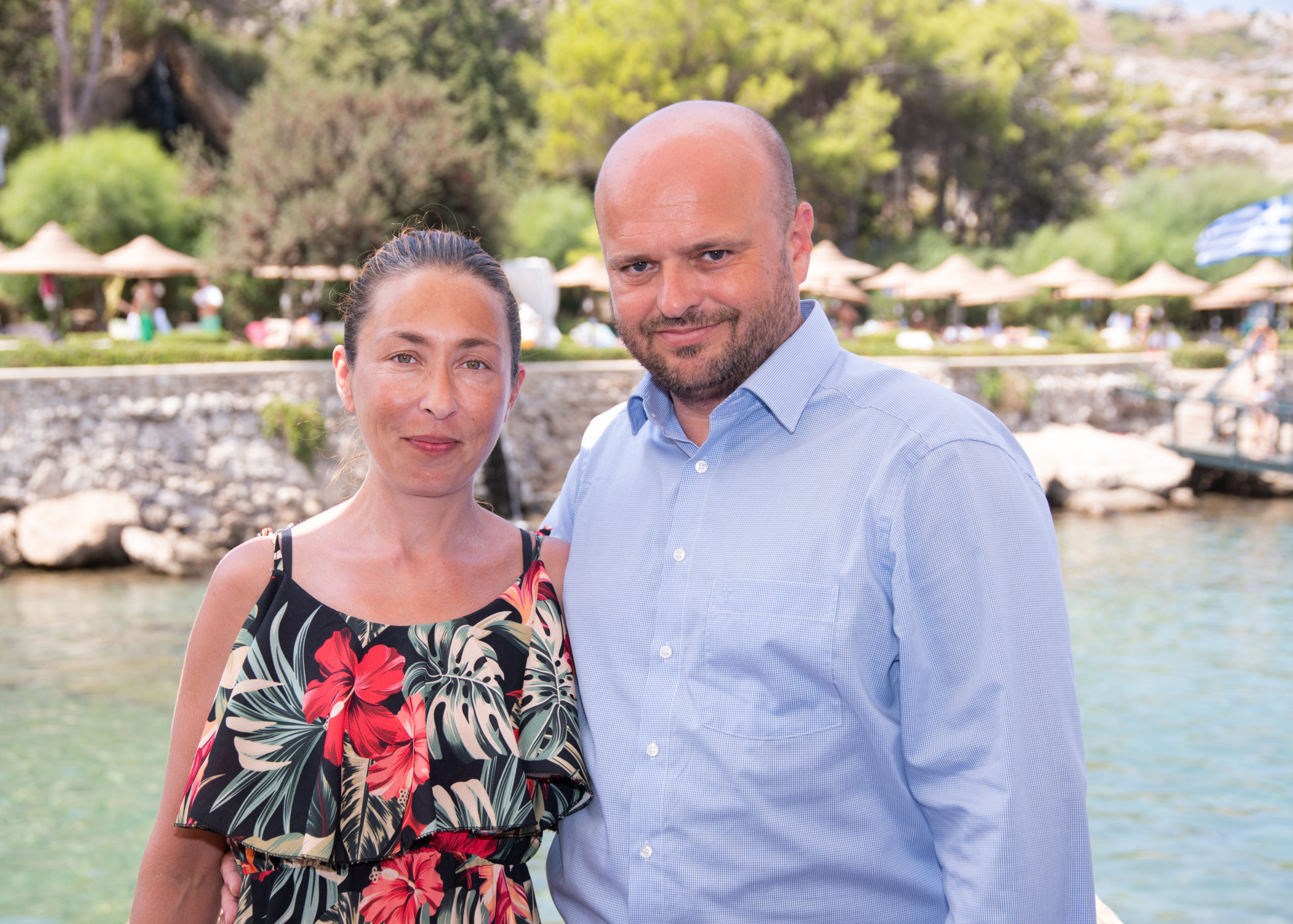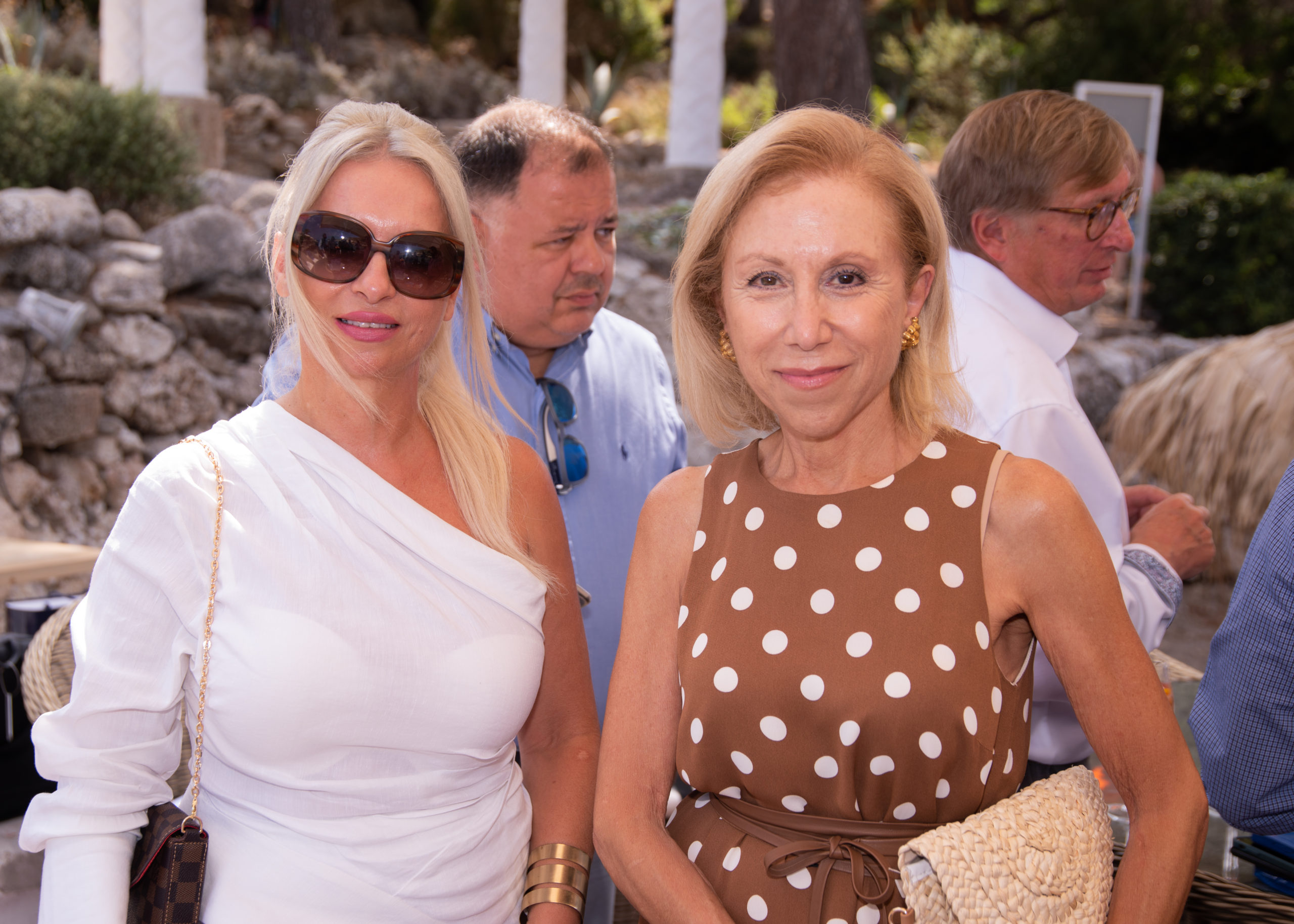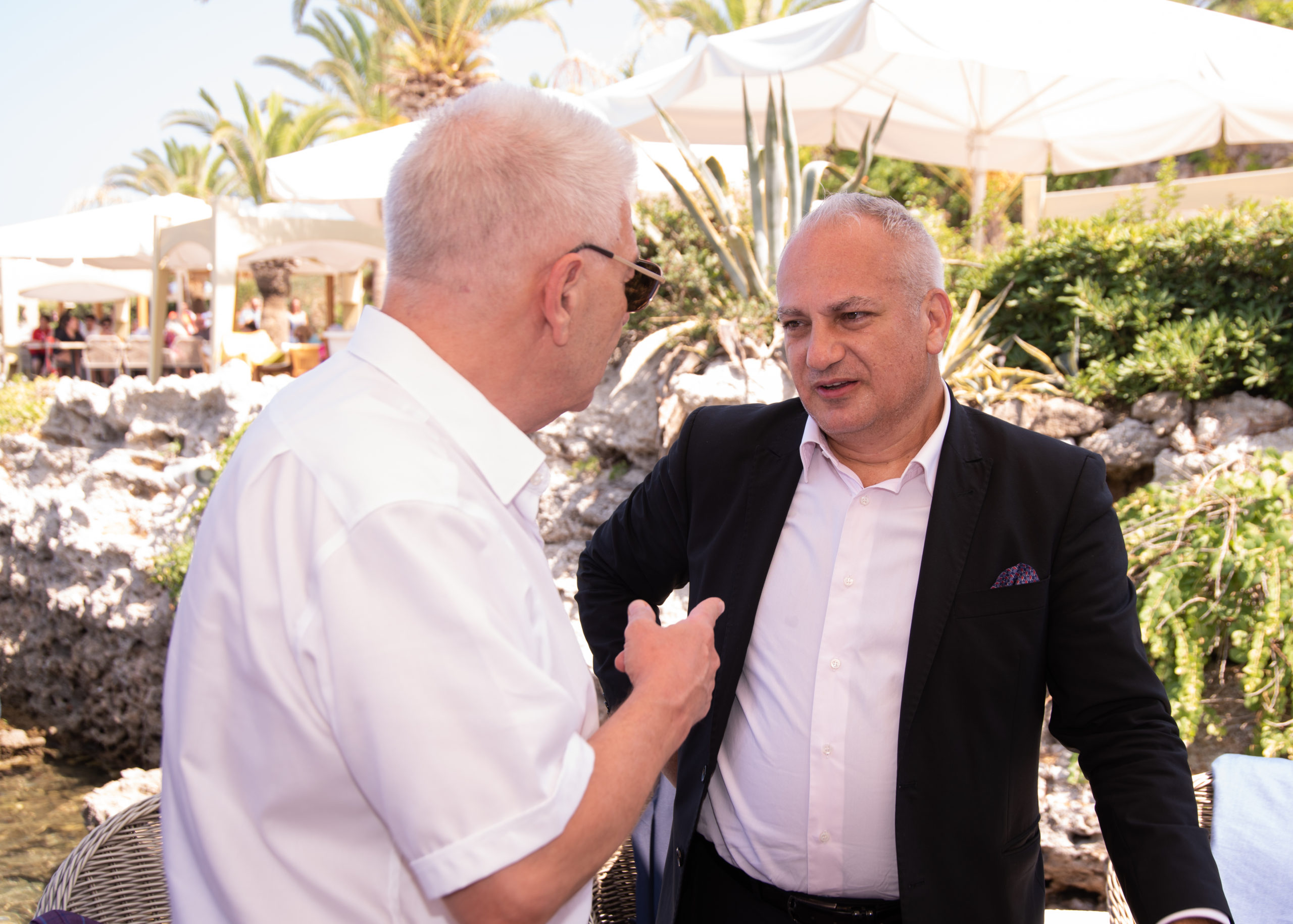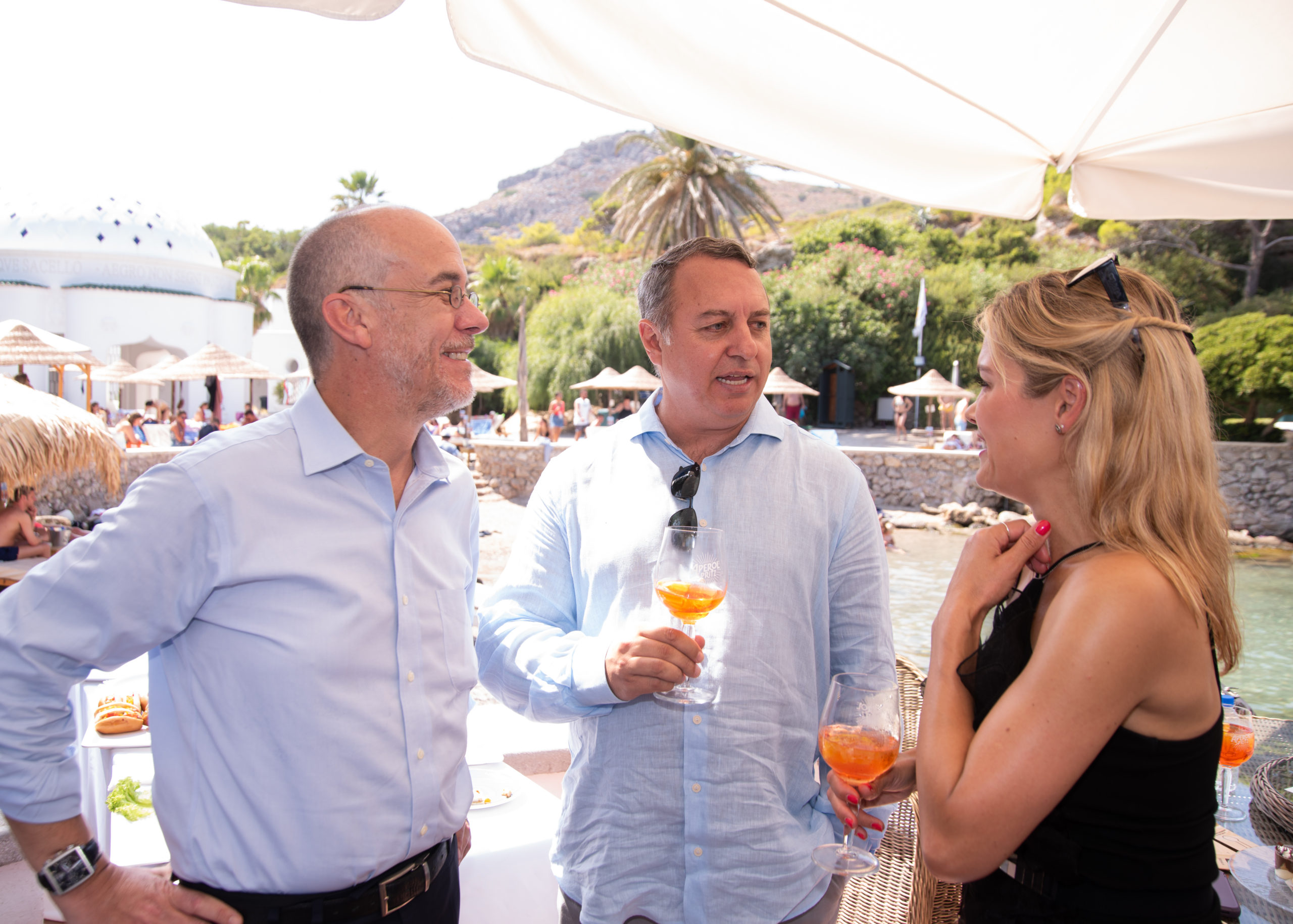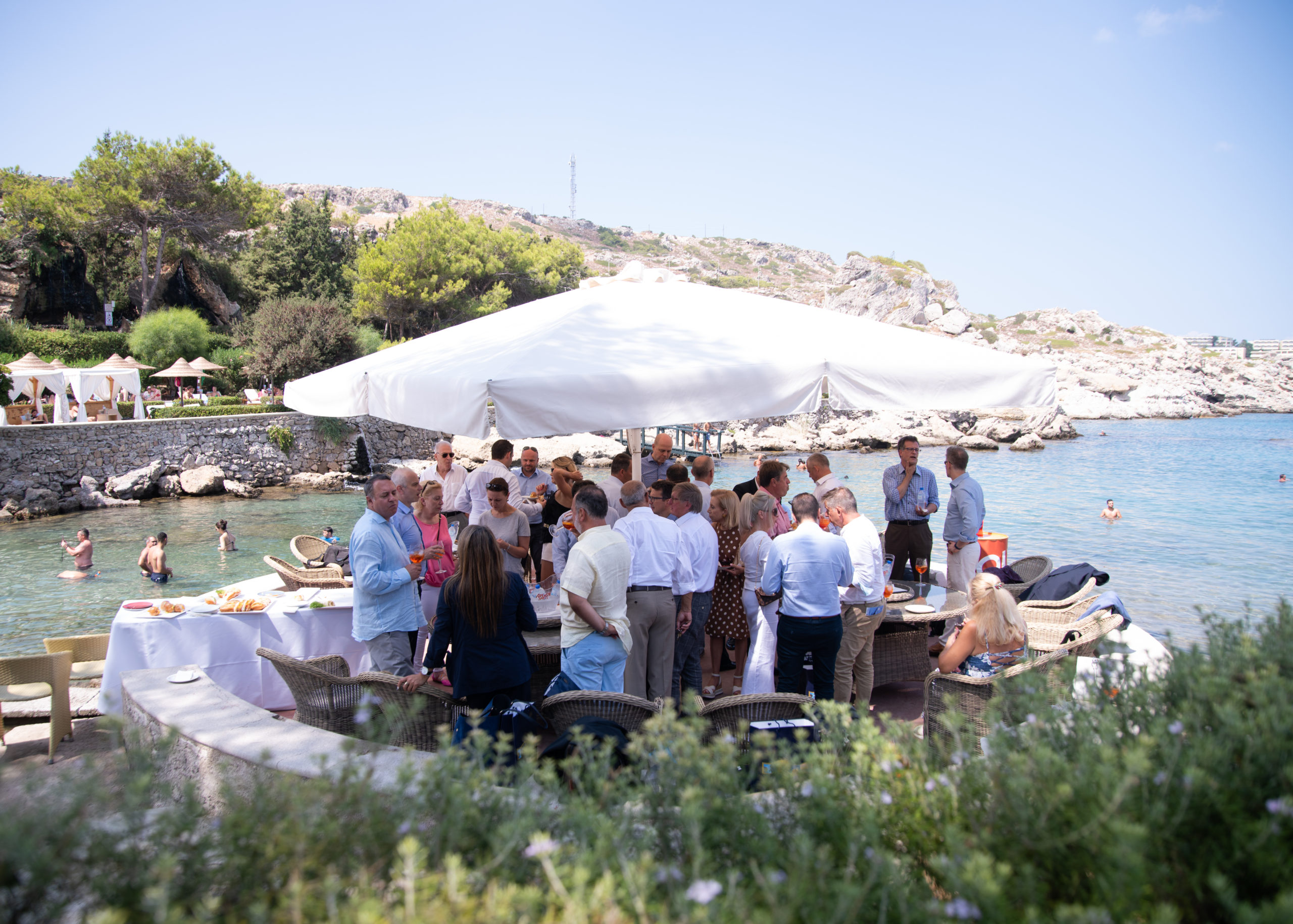
Air Transport Sustainability: Beyond the Buzzwords
31 August 2022 – Rhodes, Greece
Just like globalization, the concept of sustainability is multifaceted and understood in different ways by different people. Yet, the COVID-19 pandemic has proved a major catalyst at various levels expediting previously observed trends and underlying business dynamics. Climate change is now at the top of the policy agenda and aviation-related companies should find viable solutions to address environmental challenges. At the same time, the financial loss incurred during the pandemic together with the recent rise in oil prices creates a toxic combination for air transport that demands innovative initiatives. New technology can provide path-breaking answers to both environmental and economic problems. Nonetheless, the societal pillar of sustainability should also be acknowledged; after all, air transport is above all a people’s industry. This year’s Summer Aviation Forum will consider all these important issues and provide insights from air transport leaders around the world.
30 August – Grand Master’s Palace, Medieval city of Rhodes
2100-2200 Classical Music Concert
Evgenia Votanopoulou (piano) & Nina Patrikidou (violin)
Organizers: South Aegean Region / Municipality of Rhodes / ΔΟΠΑΡ / Mozarteum Hellas
Under the auspices of the Austrian Embassy in Greece
With the support of Εφορεία Αρχαιοτήτων Δωδεκανήσου
31 August – Kallithea Springs
Setting the scene
Professor Andreas Papatheodorou, Chairperson of the Forum & President, Hellenic Aviation Society
Welcome Addresses
Dr Kostas Iatrou, Director General, Hermes – Air Transport Organisation
Konstantinos P. Chrysochoidis, Executive Director of Tourism Development, Water, Airports, Cruise, Coastal Shipping and Aviation, Hellenic Republic – Region of South Aegean
Special Presentation
Aegean University & Hermes – Air Transport Organisation
Keynote Addresses
Luis Felipe de Oliveira, Director General, ACI World
Mehmet Nane, Chair, IATA & Vice Chairperson & Managing Director, Pegasus Airlines
The OPS Award Ceremony
ACI World
Special Presentations
H.E. Mark Allen, Ambassador of Canada
Jeff Peet, Managing Editor, ALA
Leaders session
Moderator: Dr Michael Kerkloh, Board Member, Lufthansa
Patricia N. Vercelli, SVP, General Counsel and Secretary, A4A
Antonis Cambourakis, Mayor of Rhodes
Alexander Zinell, CEO, Fraport Greece
Catalin Radu, Director General, Civil Aviation Authority of Kazakhstan
Adam A. Triolo, VP, Commercial Business Development. REGENT
Call for action and conclusion
Professor Andreas Papatheodorou, Chairperson of the Forum & President, Hellenic Aviation Society
Cocktail reception
Setting the scene & Welcome Addresses
Keynote Addresses, OPS Award Ceremony & Special Presentations
Leaders session
Call for action and conclusion
The Summer Aviation Forum, the conference entitled “Air Transport Sustainability: Beyond the Buzzwords” organized by Air Transport News (ATN) in collaboration with the Hellenic Aviation Society (HAS) and under the auspices of the Municipality of Rhodes and the South Aegean Region was held on August 31st in Rhodes, at Kallithea Springs, with the participation of leading aviation executives from around the world. The opening of the conference was greeted by Dr Kostas Iatrou, Director General Hermes – Air Transport Organization and chaired by the Professor of the University of the Aegean and President of the Hellenic Aviation Association Dr. Andreas Papatheodorou. Local authorities were represented in the discussion panel by Rhodes Mayor Antonis Kambourakis. The airport sector was represented by Luis Felipe de Oliveira, Director General, Airports Council International ACI World and Alexander Zinell, CEO, Fraport Greece; airlines by Mehmet Nane, Chair, IATA & Vice Chairperson & Managing Director, Pegasus Airlines, Dr Michael Kerkloh, Board Member, Lufthansa and Patricia N. Vercelli, SVP, General Counsel and Secretary, A4A. State regulatory authorities were represented by Catalin Radu, Director General, Civil Aviation Authority of Kazakhstan, and the manufactures sector by Adam A. Triolo, VP, Commercial Business Development, REGENT.
The choice of the venue was a very fitting one since the Southern Aegean region has been at the forefront of sustainability efforts- Astypalea first carbon-free island, Tilos is top in recycling – while boasting a 10% increase in traffic numbers compared to 2019 numbers. The growing awareness of recent years around environmental protection and efforts to reduce the energy footprint, push airlines to more sustainable solutions. Prof. Papatheodorou has talked about the plans of the University of the Aegean to launch a Master Degree Program in Aviation.
The area has largely benefited in passengers and revenue from the rebound of leisure traffic after the Covid pandemic, the so called “revenge tourism”. But all the participants have warned about the “rocky” risks and challenges ahead posed by the serious geopolitical concerns in Ukraine and Taiwan and the energy crisis and rising inflation that will affect the disposable income.
Aviation has been and is committed to the sustainability goal but needs to build a narrative and come up with viable solutions beyond the buzz words. For the aviation ecosystem sustainability is, in Mr Nane words “to pass to our descendants what we received from our ancestors”, and that includes an industry that is safe and makes distances shorter. Aviation has to add sustainability to its legacy to future generations. Mrs Vercelli stressed that aviation has proven its consistent and continuous commitment to sustainability within the whole chain: from manufacturers (winglets) to airports recycling and electric vehicles.
The covid 19 pandemic has changed the way aviation does business and fortunately there have been fewer bankruptcies thanks also to government support but it has proven the interdependency of the whole supply chain and of aviation with tourism, transport and the economy in general and the need to change the mindset of the industry, regulators and governments. Mr. de Oliveira called for smart policies to attract investments, to enable integration and cooperation and to adopt incentives and mechanisms locally, regionally and internationally.
New technologies can provide answers to both economic and environmental problems but the results will not be short-term. Electric based and hydrogen aircraft will be used on a small scale and the technology will be applied first to smaller aircraft that have smaller environmental footprint. Battery production relies on rare earths and their excavation has environmental footprint. SAFs are available to small quantities and are not affordable. There is only one airline using SAFs from waste, the others use SAFs from grain which in its turn raises another ethical question, use for grains for travel or to feed the needy. Unless proper incentives are provided to scale up production, SAFs will not be an economical and viable solution.
This “toxic combination” of high inflation, recession, disruption in the supply chain, high fuel prices is further aggravated by the increased taxation imposed by governments on aviation. By pushing the green agenda and increasing governments and the EU are making flying more expensive and hurt not only aviation but also local communities. The “demonization” of air transport may bring votes to the short term elections but it does not help economy and the climate. The participants reprimanded politicians for not thinking ahead but focusing on satisfying the western northern hemisphere baby-boomer generation and its Not-In-My-Back-Yard (NIMBY) attitude. While northern Europeans ask for less flight, Southern Europe and other parts of the world ask for more services. Taxation and regulation if not applied globally will only distort competition.
All industry stakeholders governments included need to come together to act proactively “to unite forces, rack their brains drain to find solutions amicably by making the necessary compromises” now more than ever since the world is not used to consecutive crises.
The conference ended on an optimistic tone as when asked the participants answered that if the industry is incentivised correctly, the goal of zero emissions by 2050 will be achieved. And that because aviation’s motto is “never give up”, the sector has never given up the ideal of sustainability even when there was no money available.


